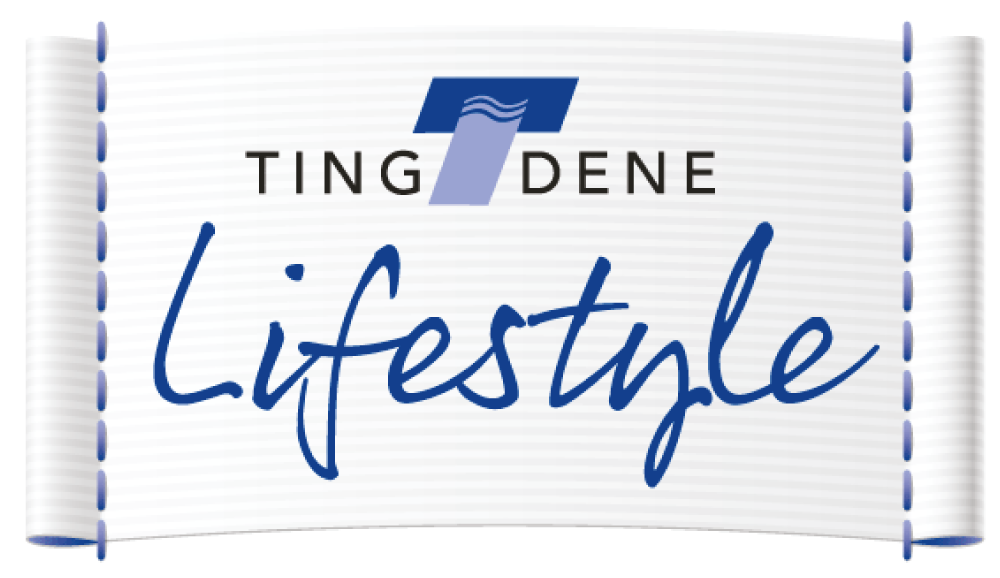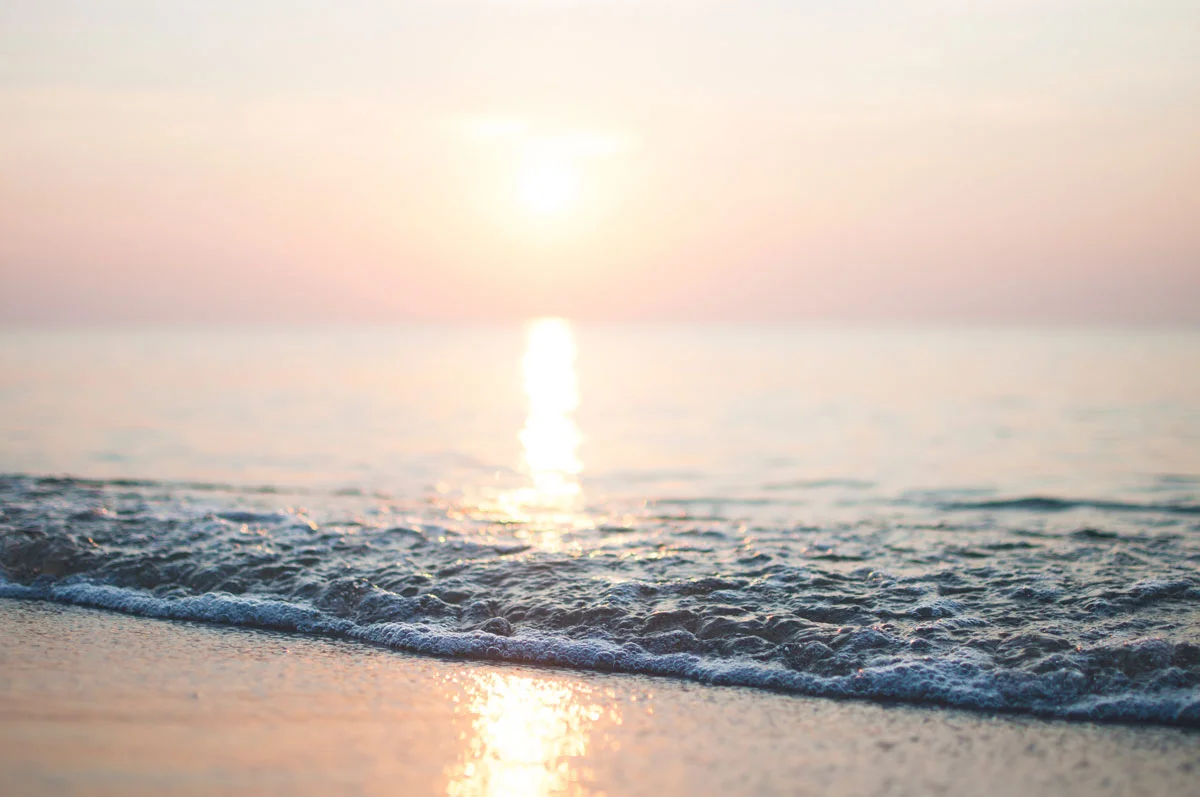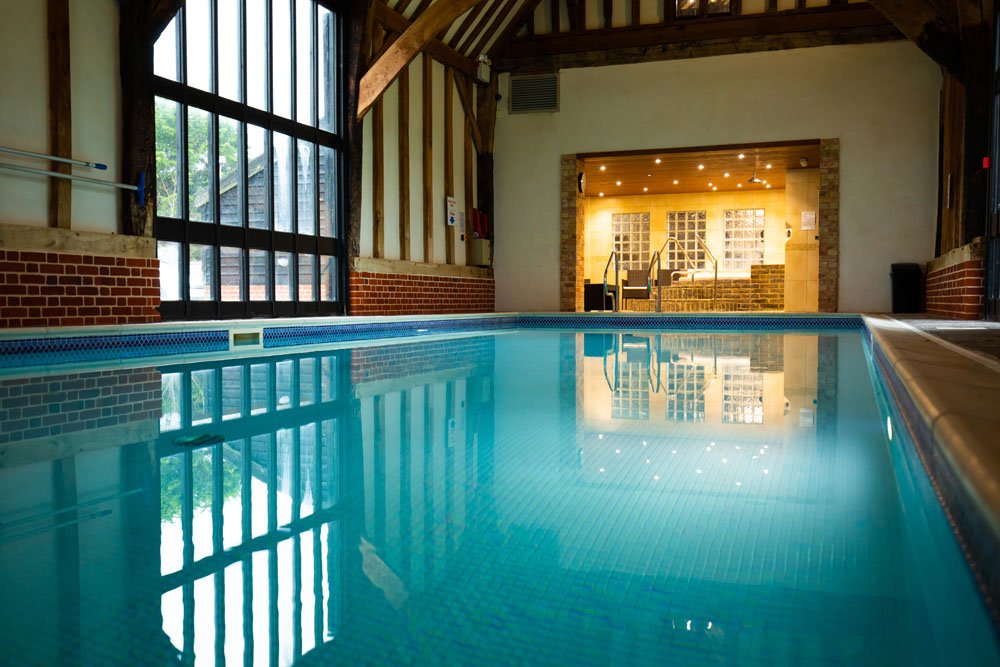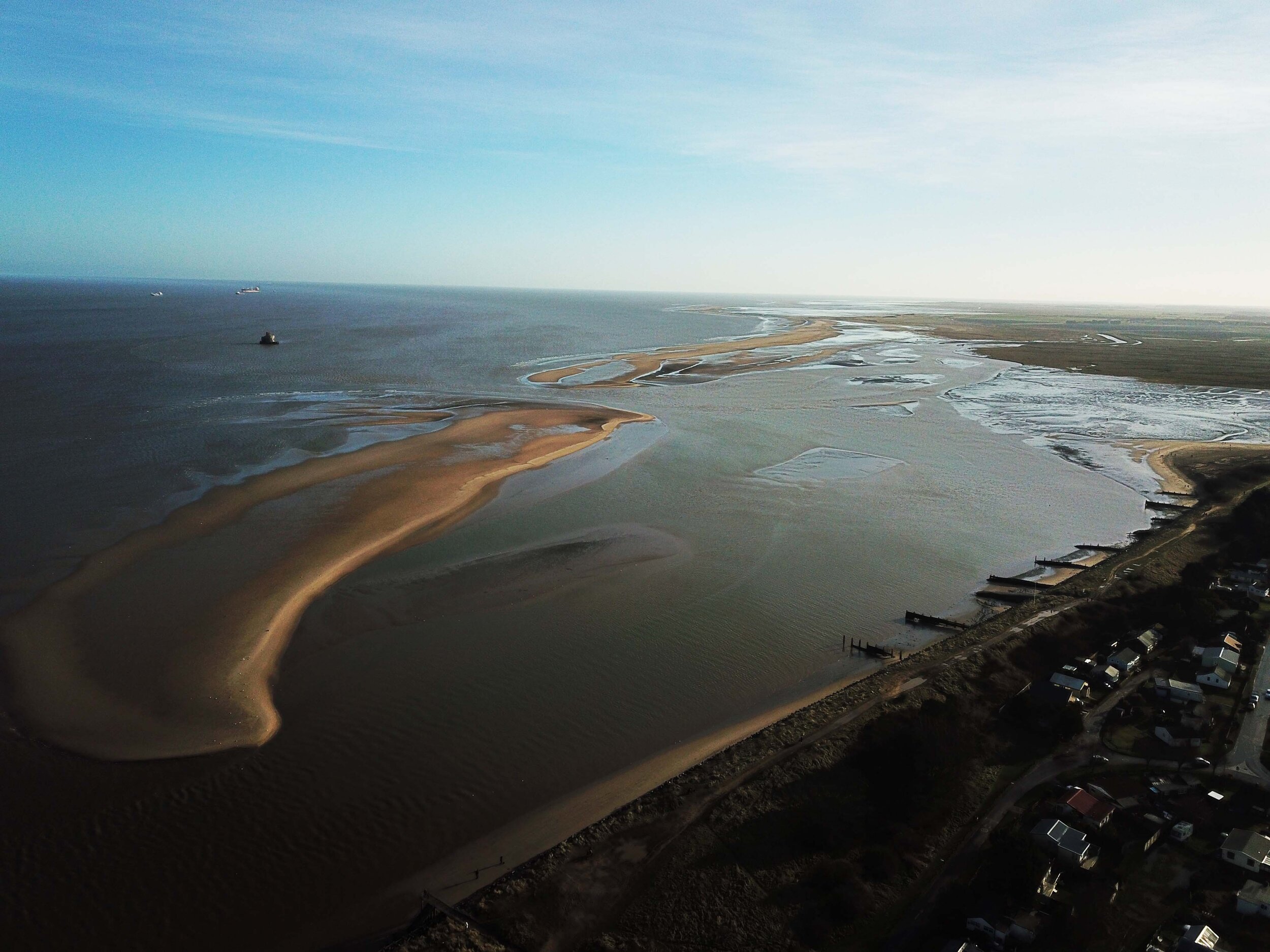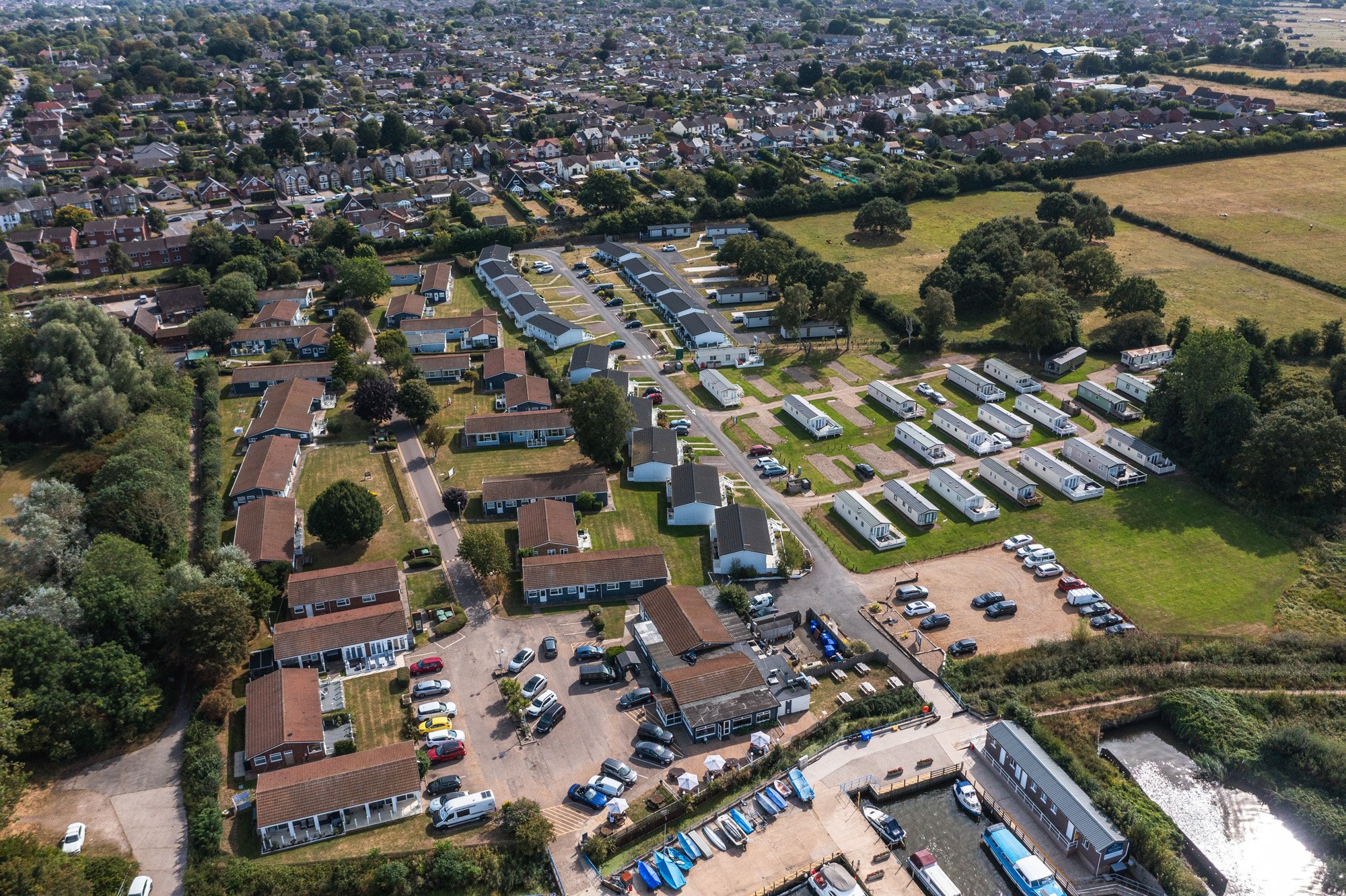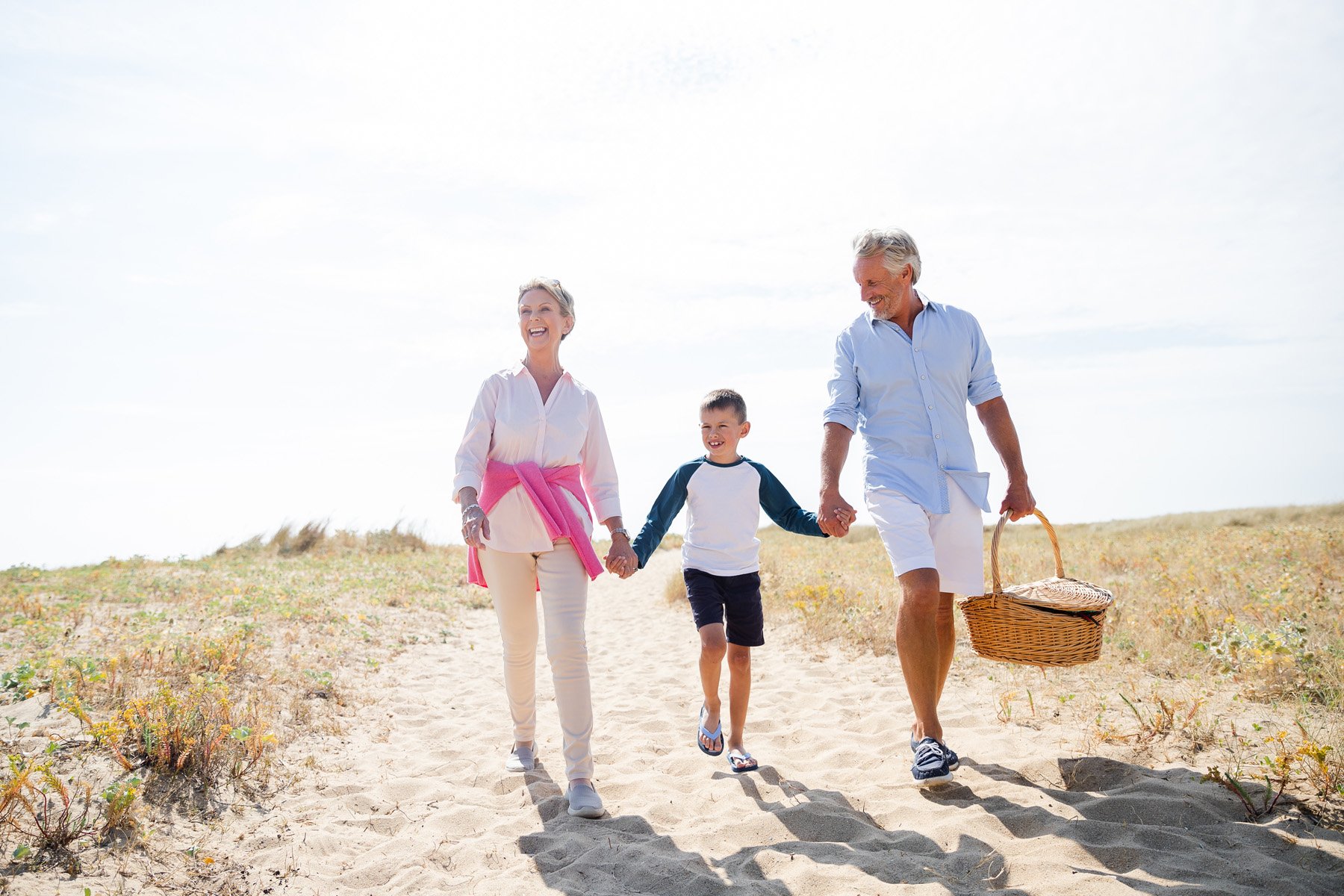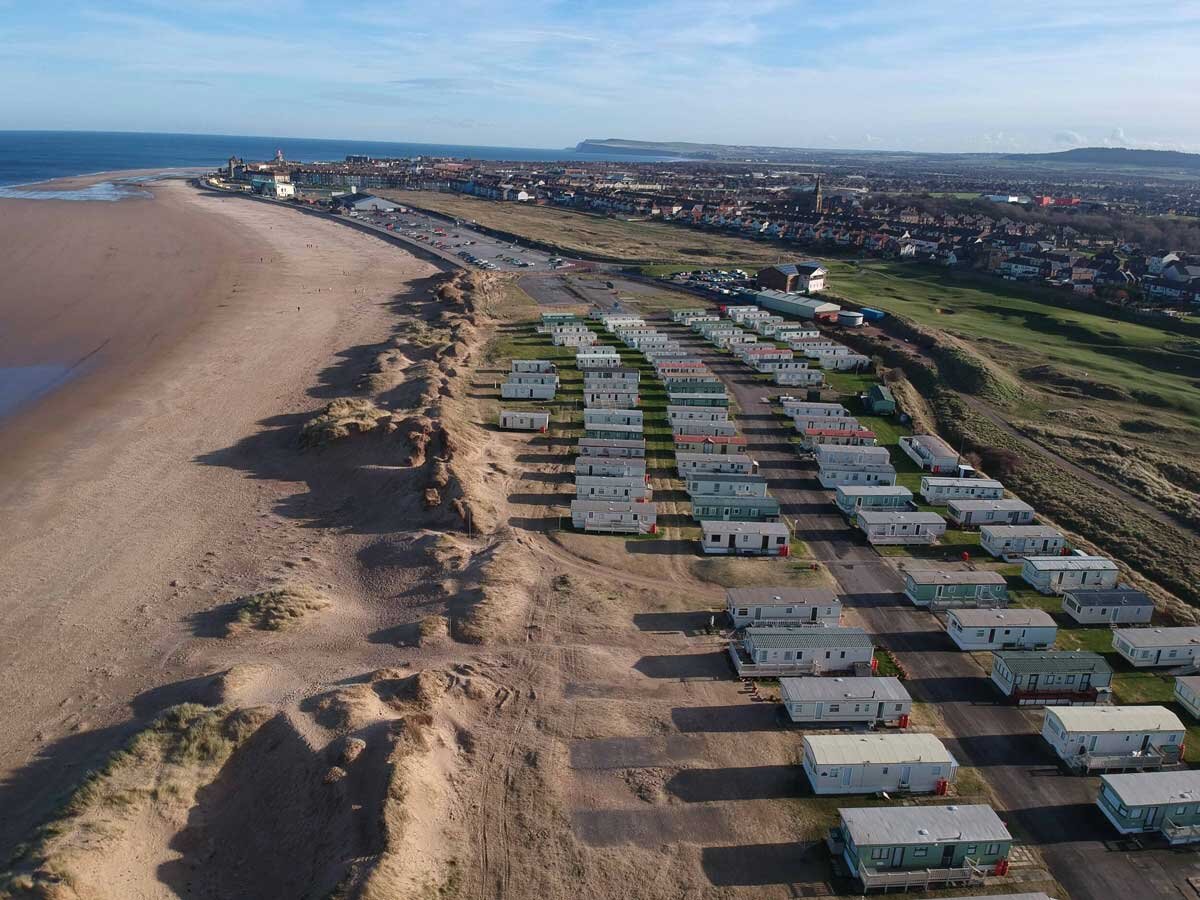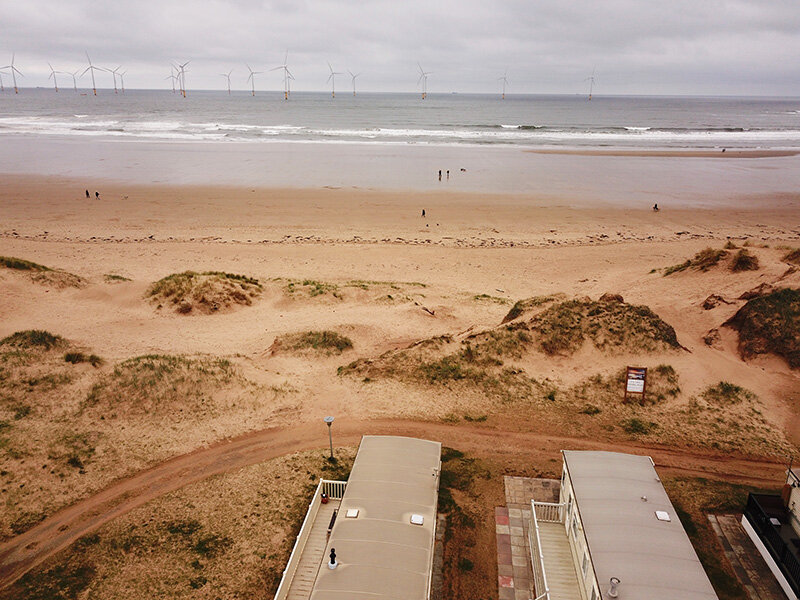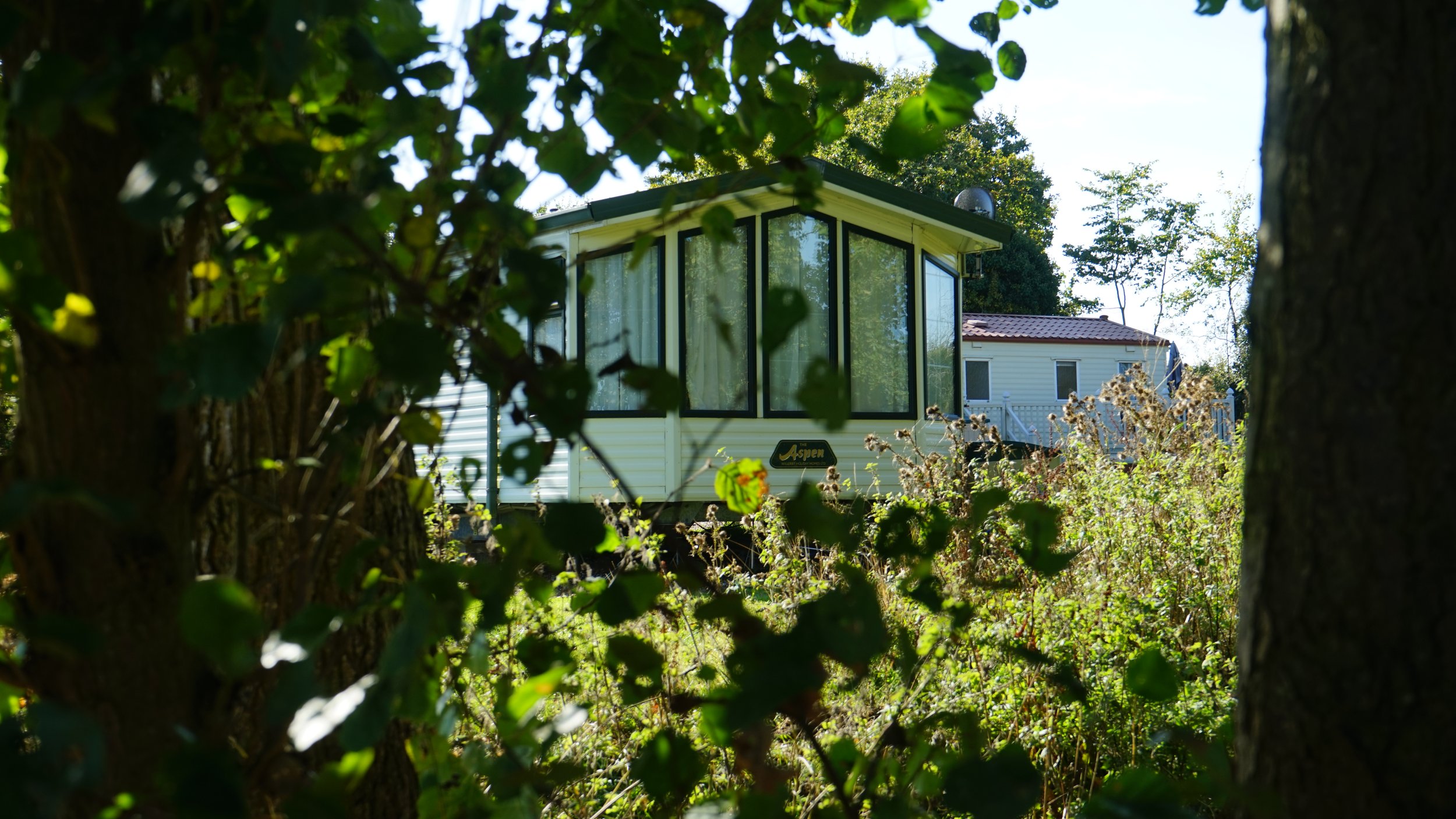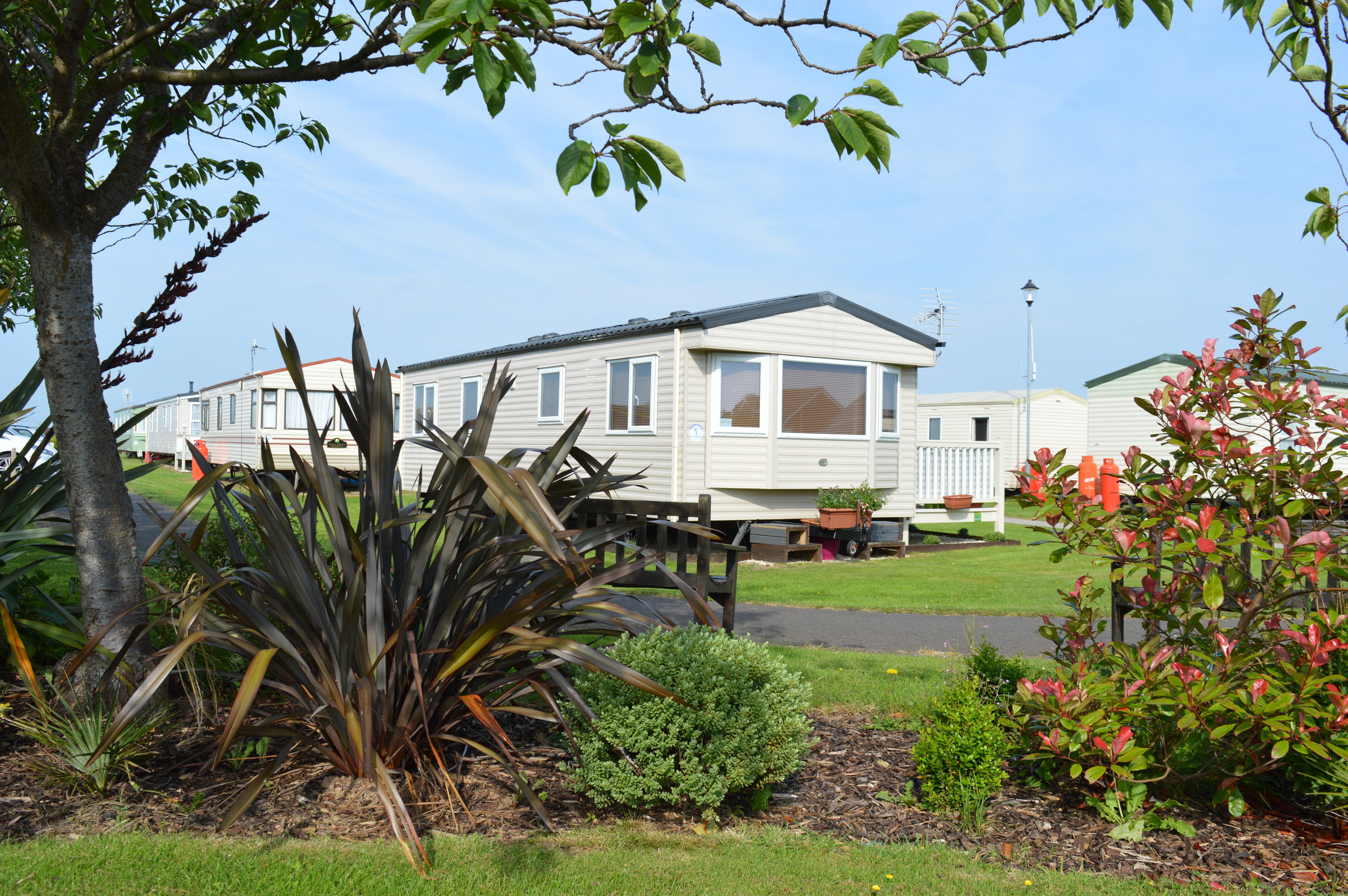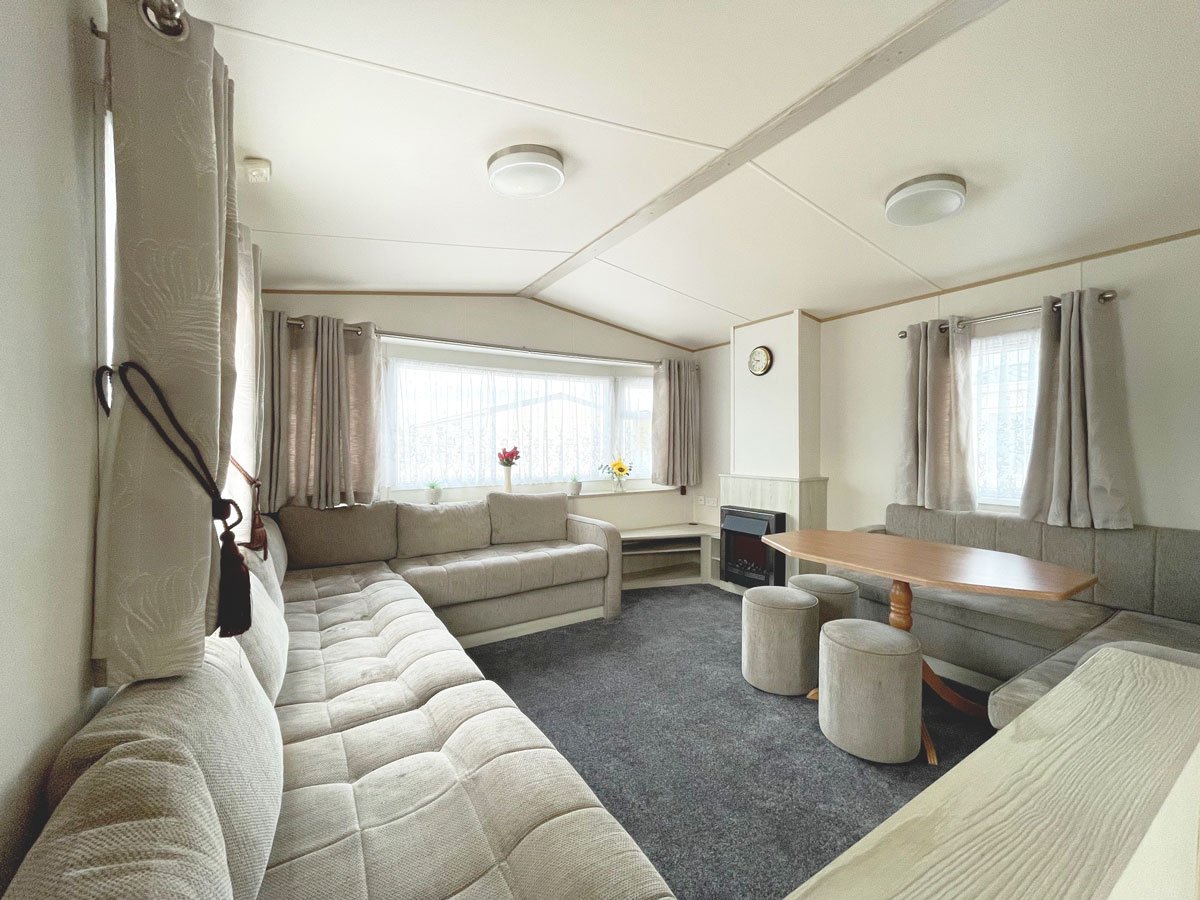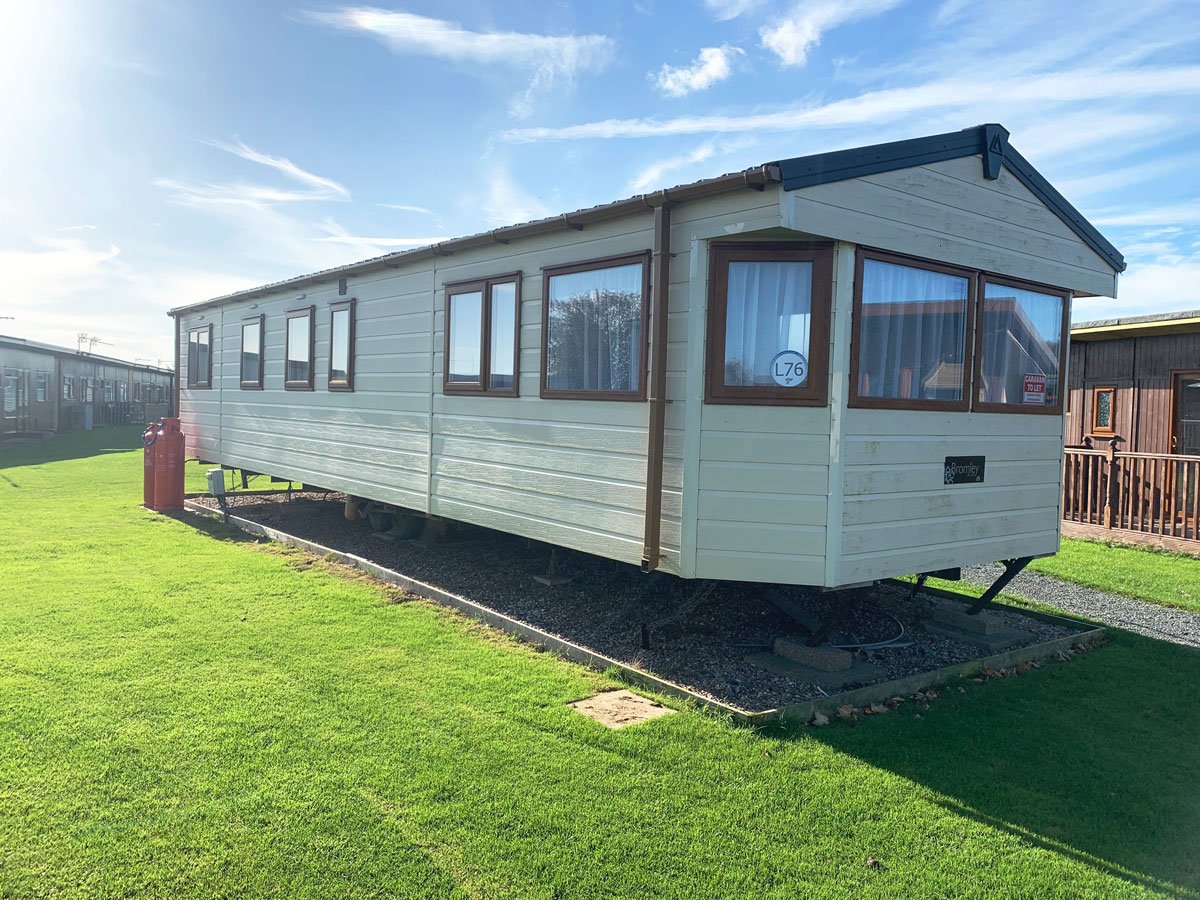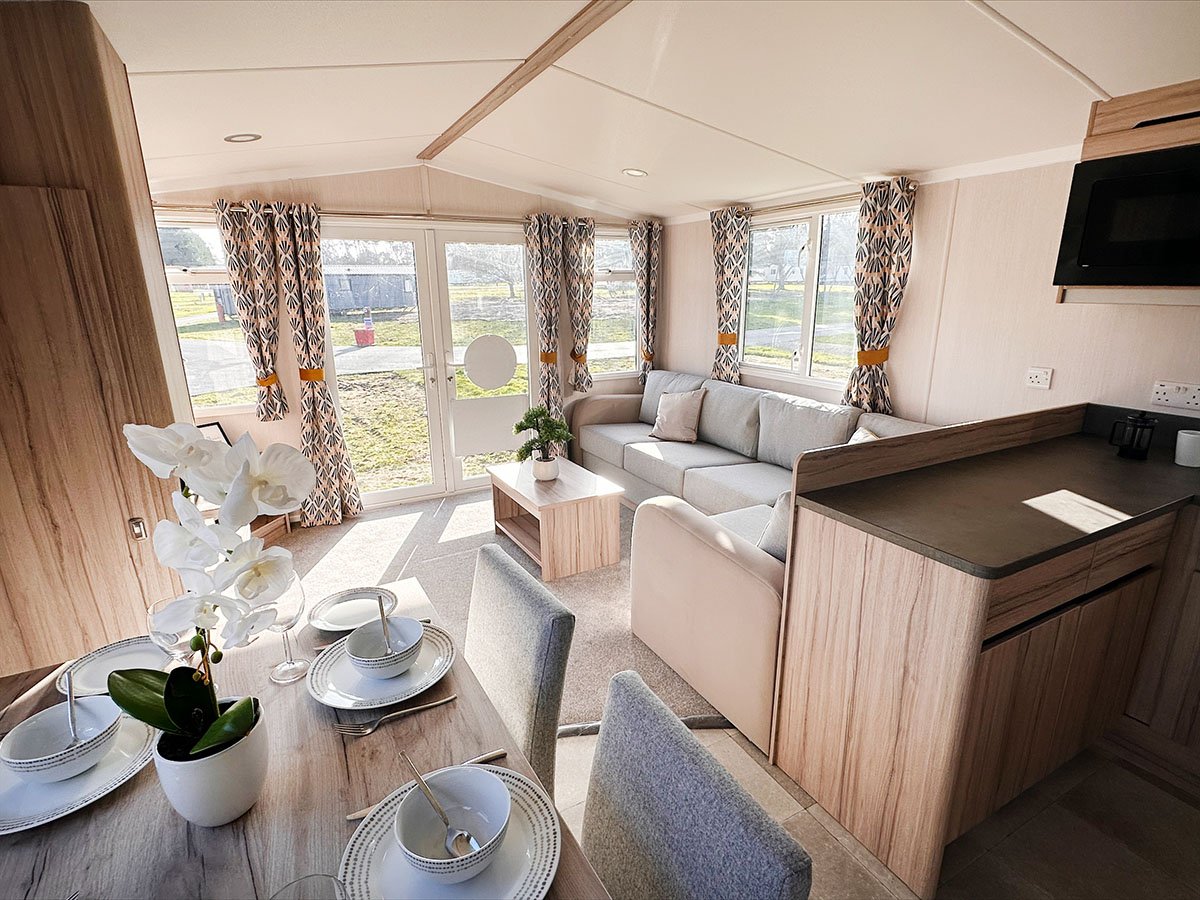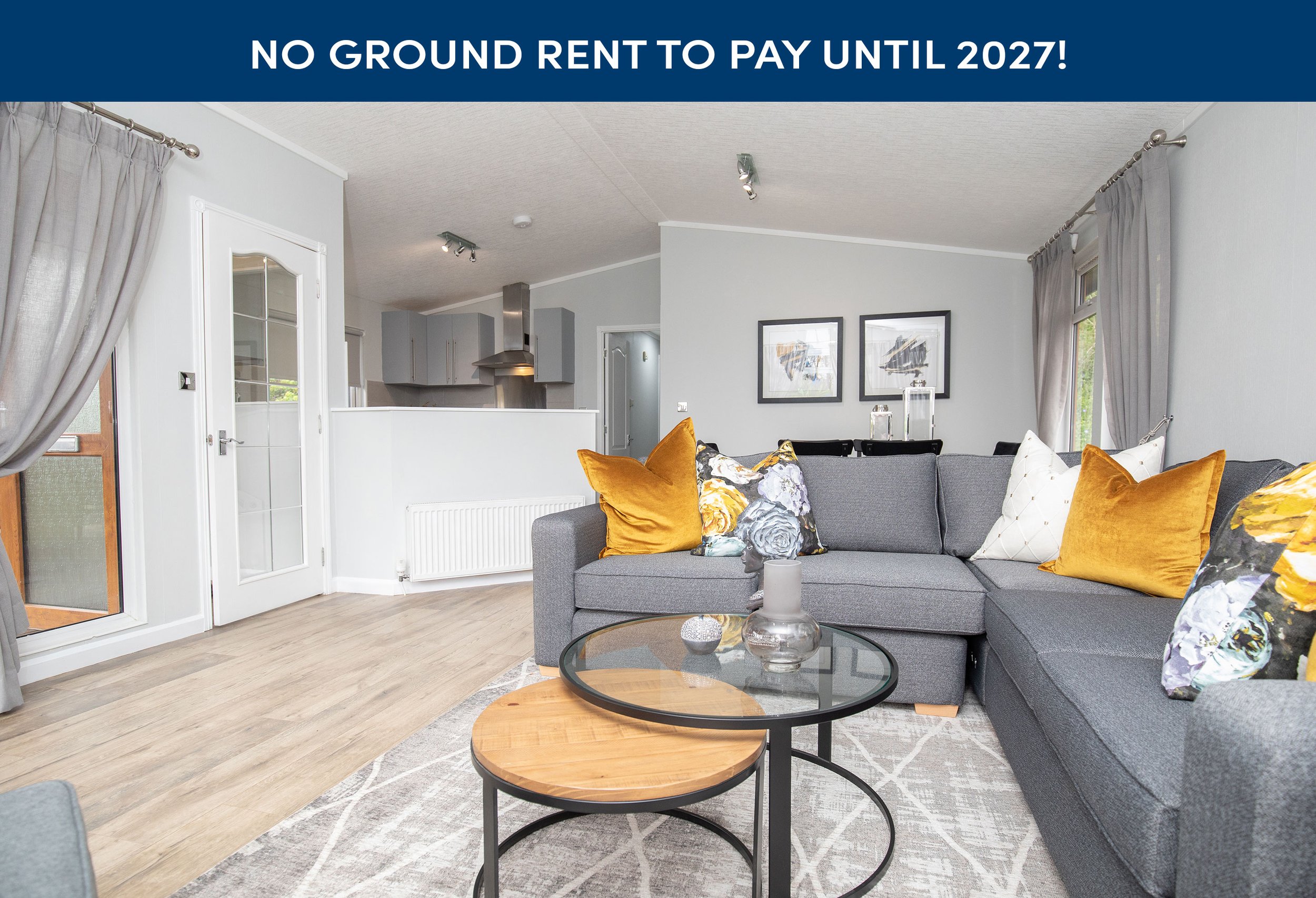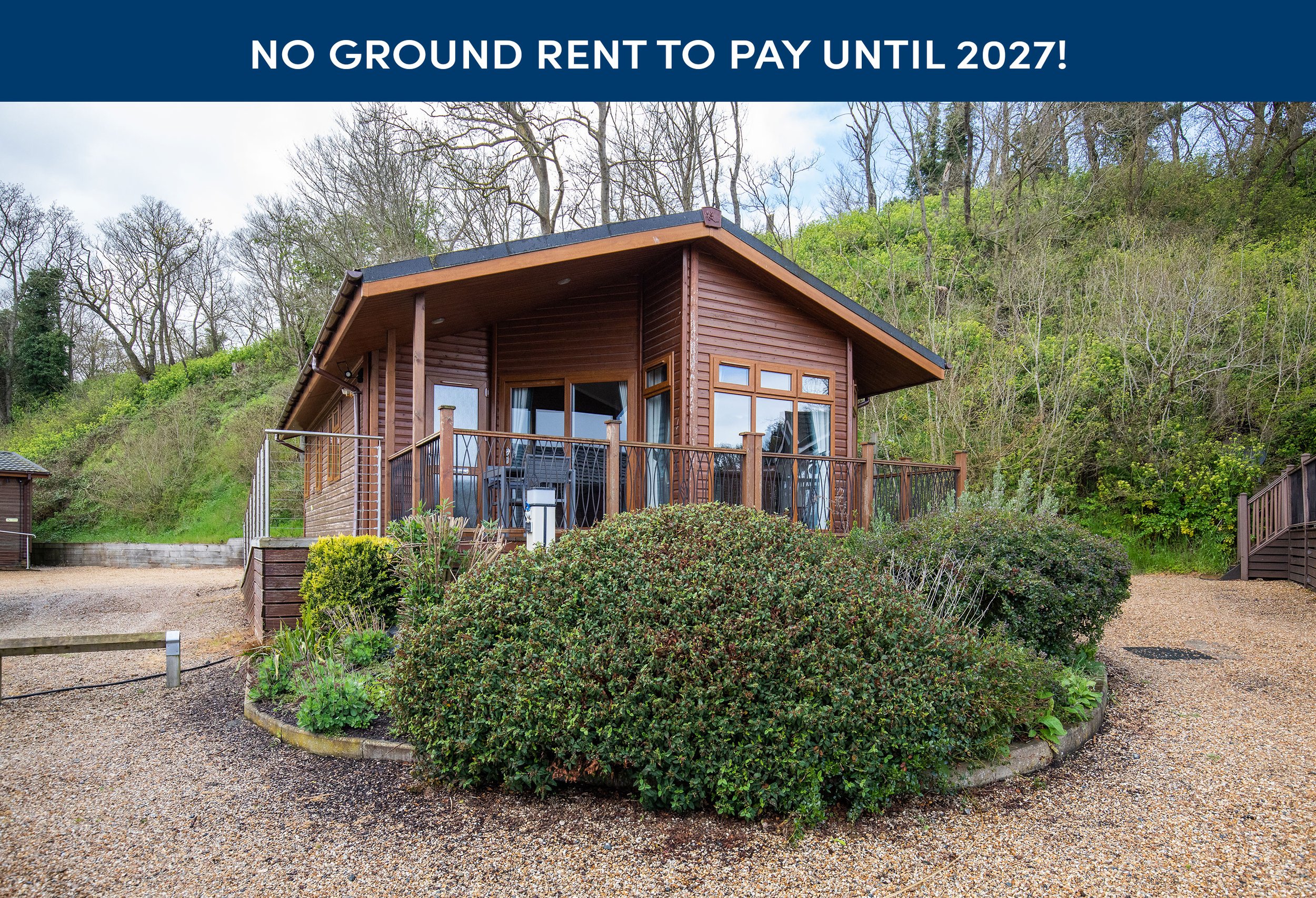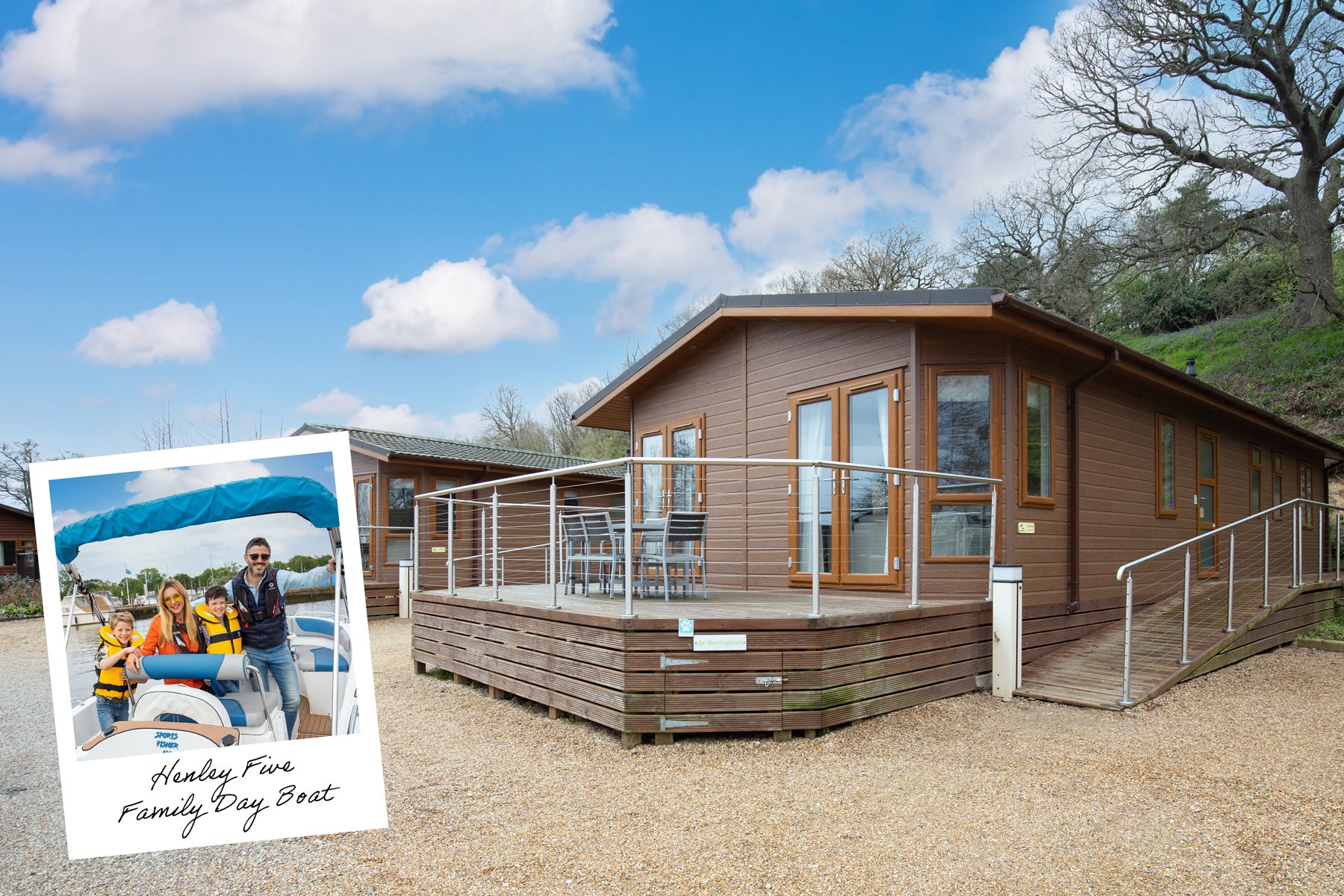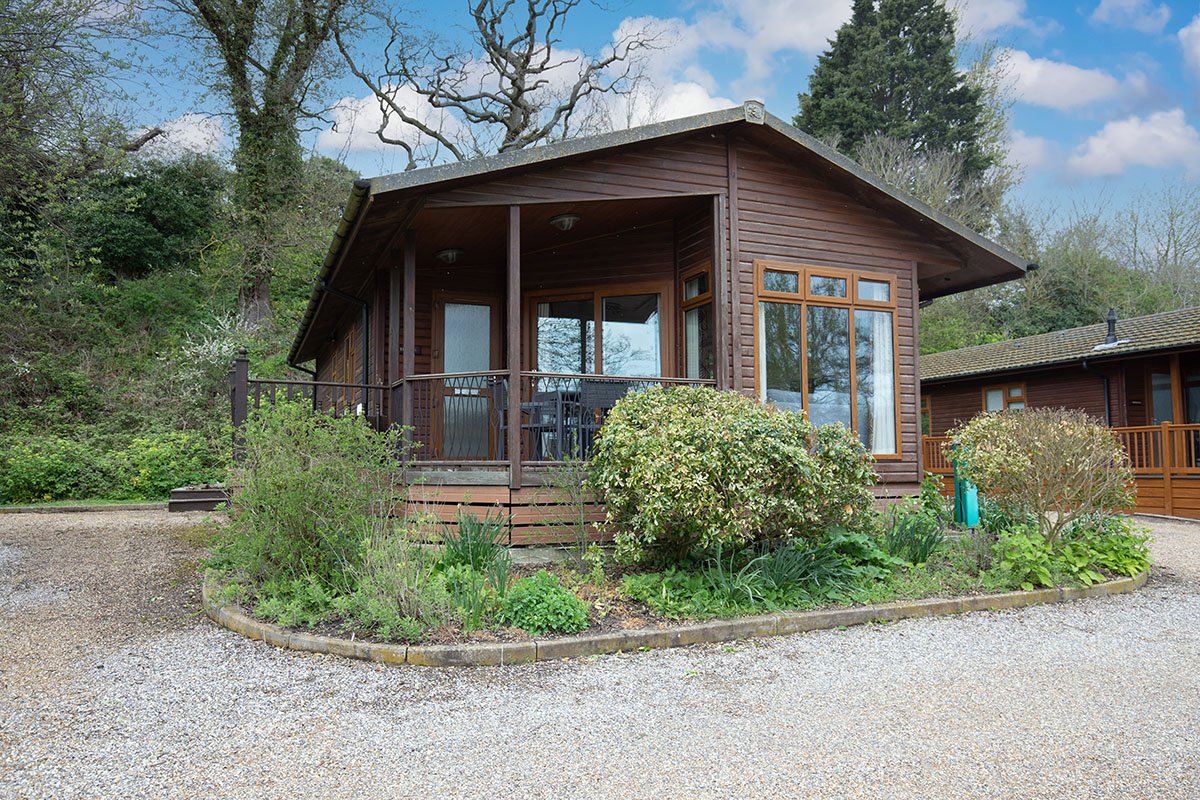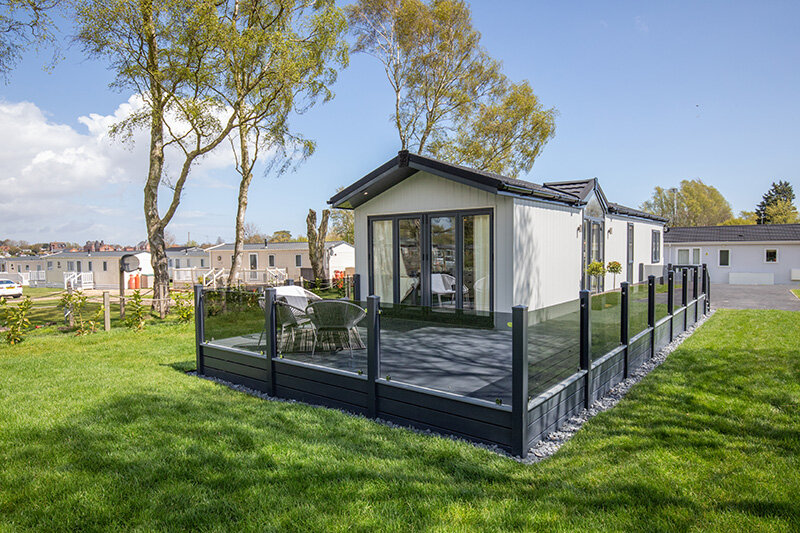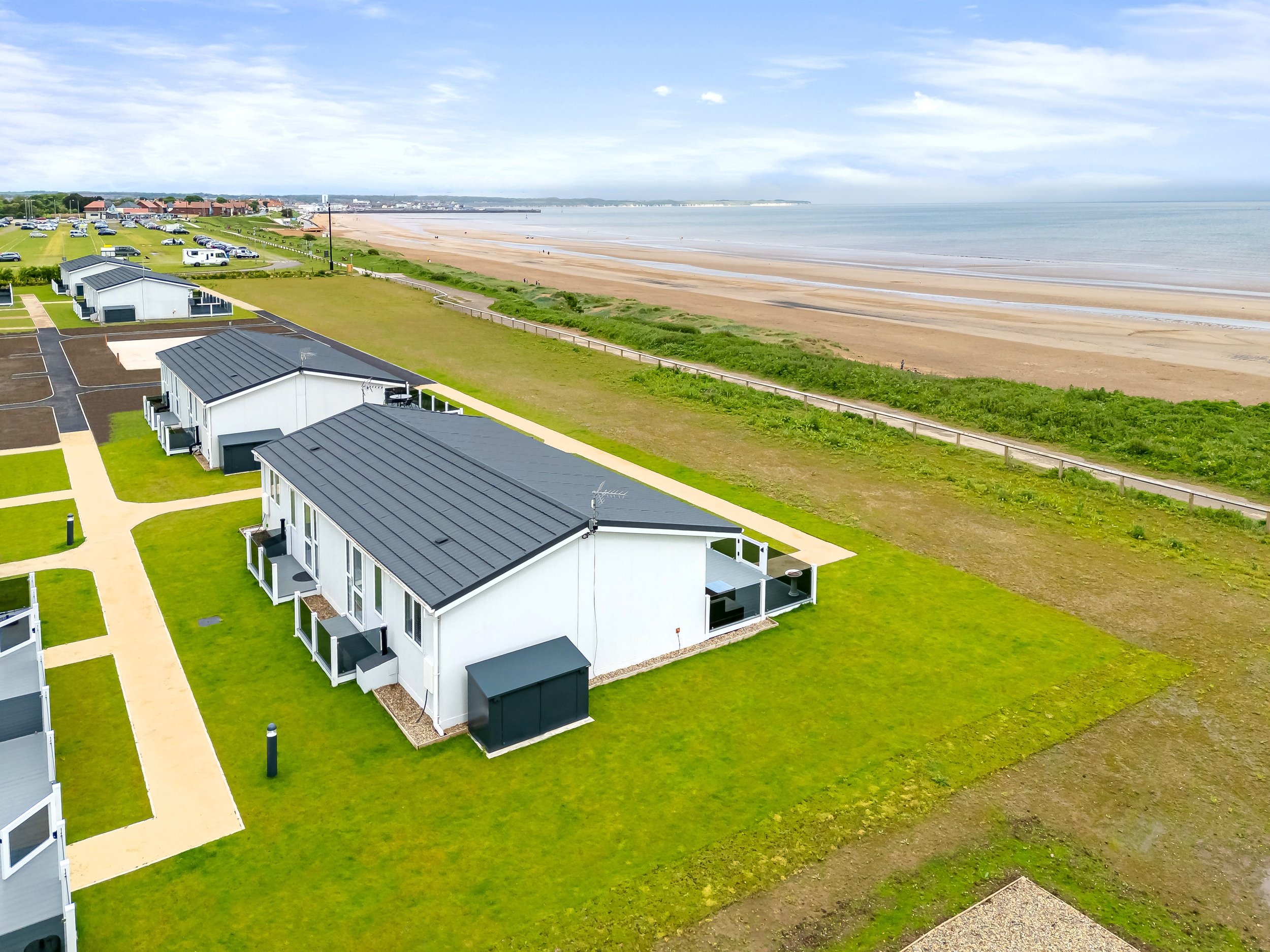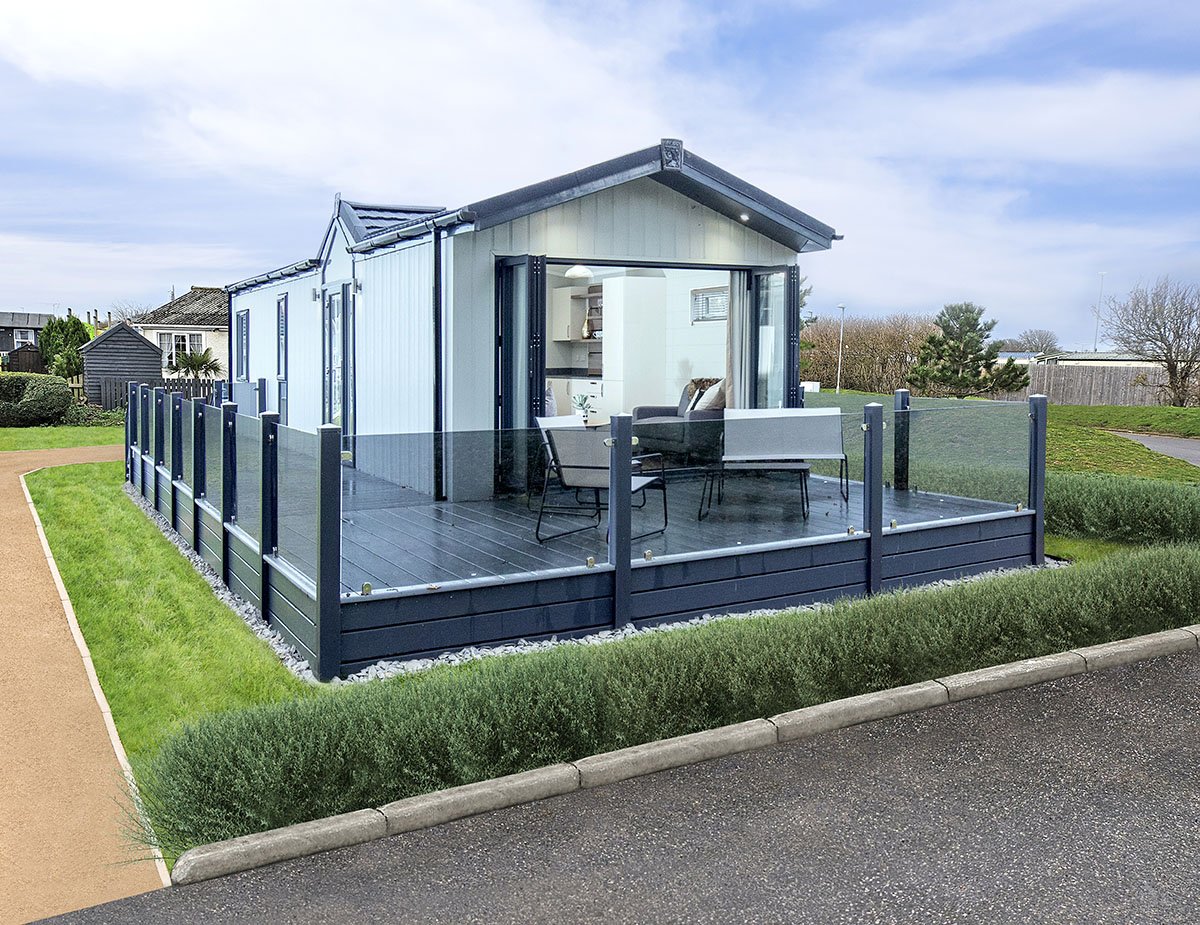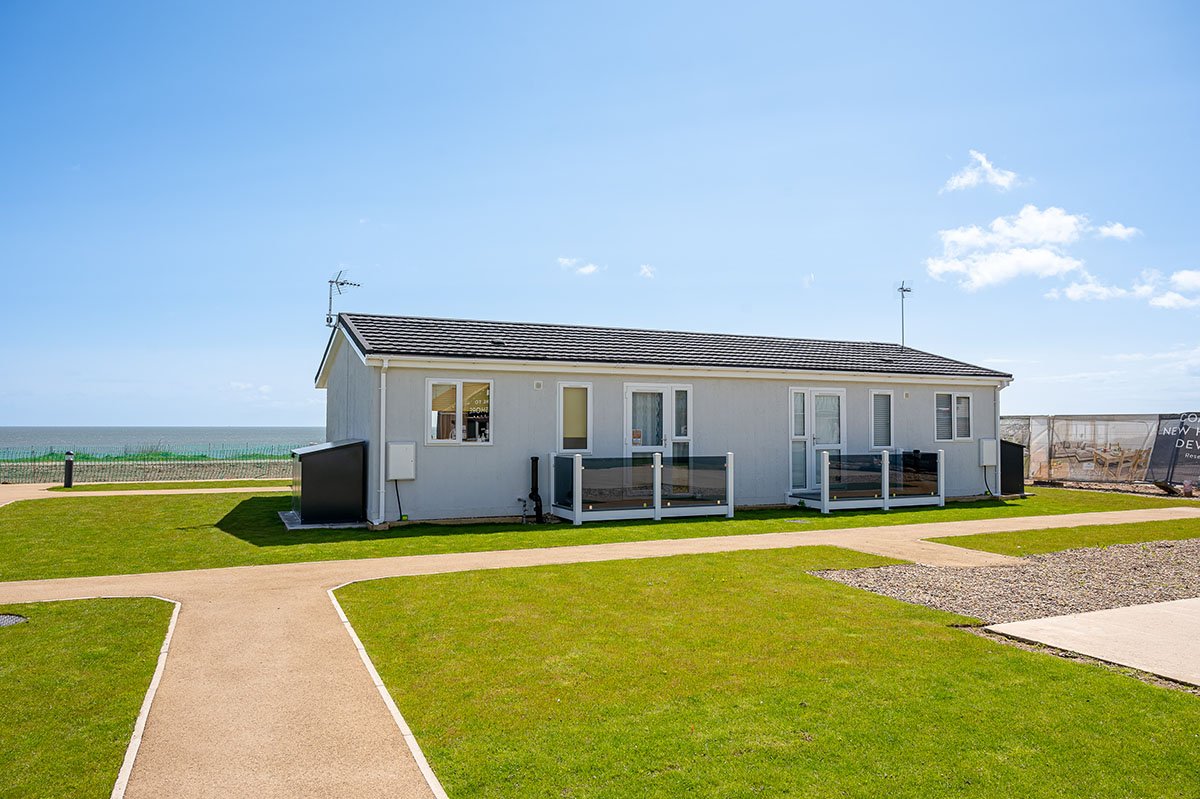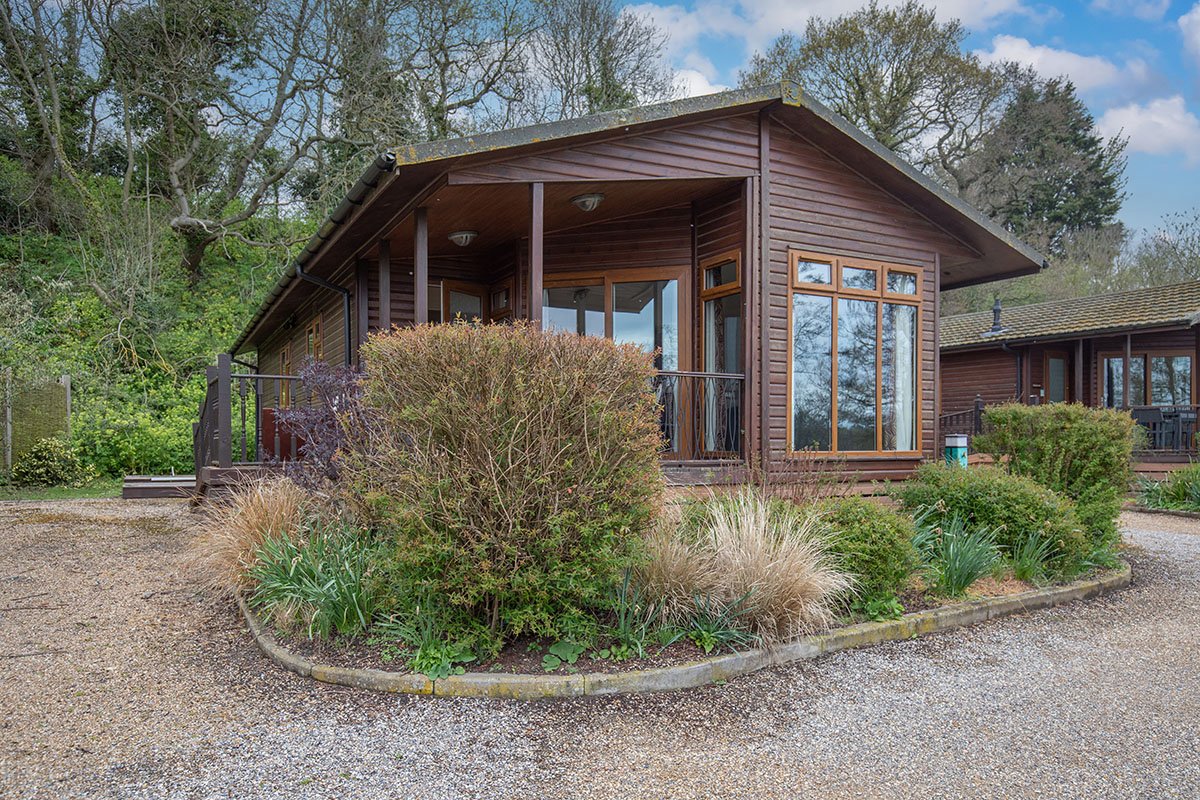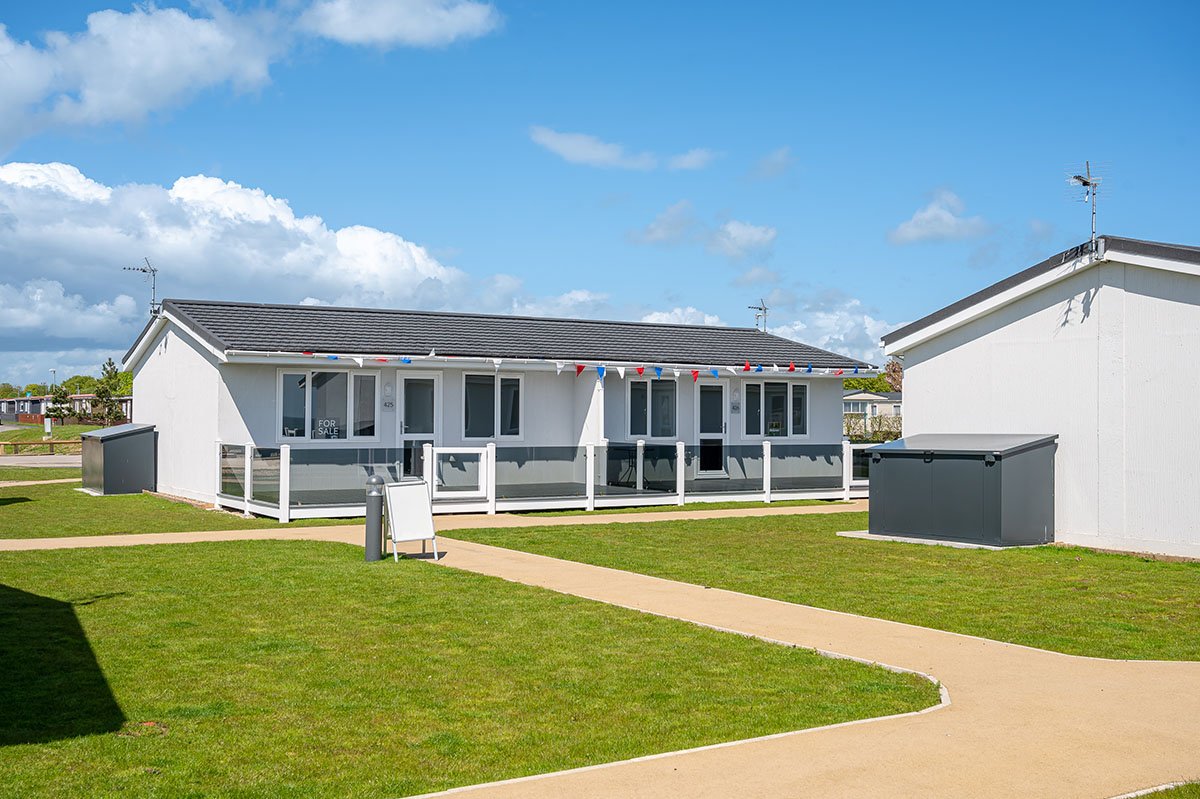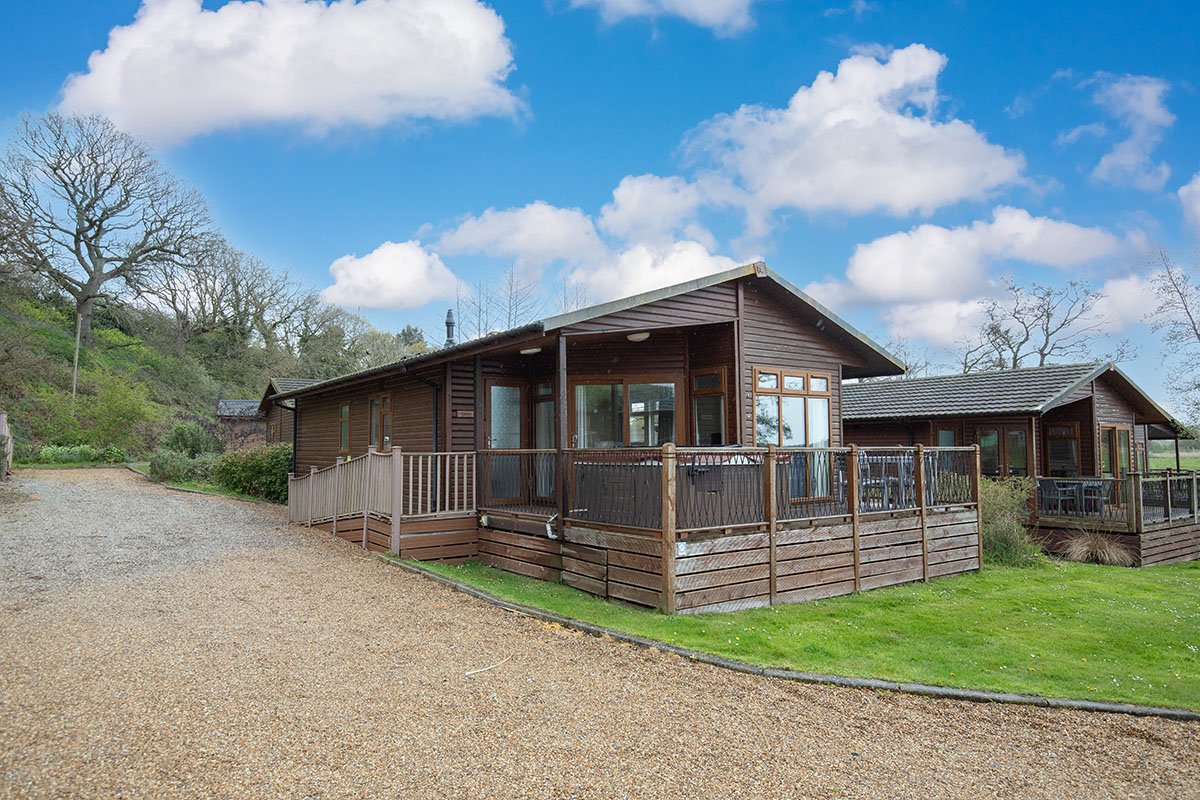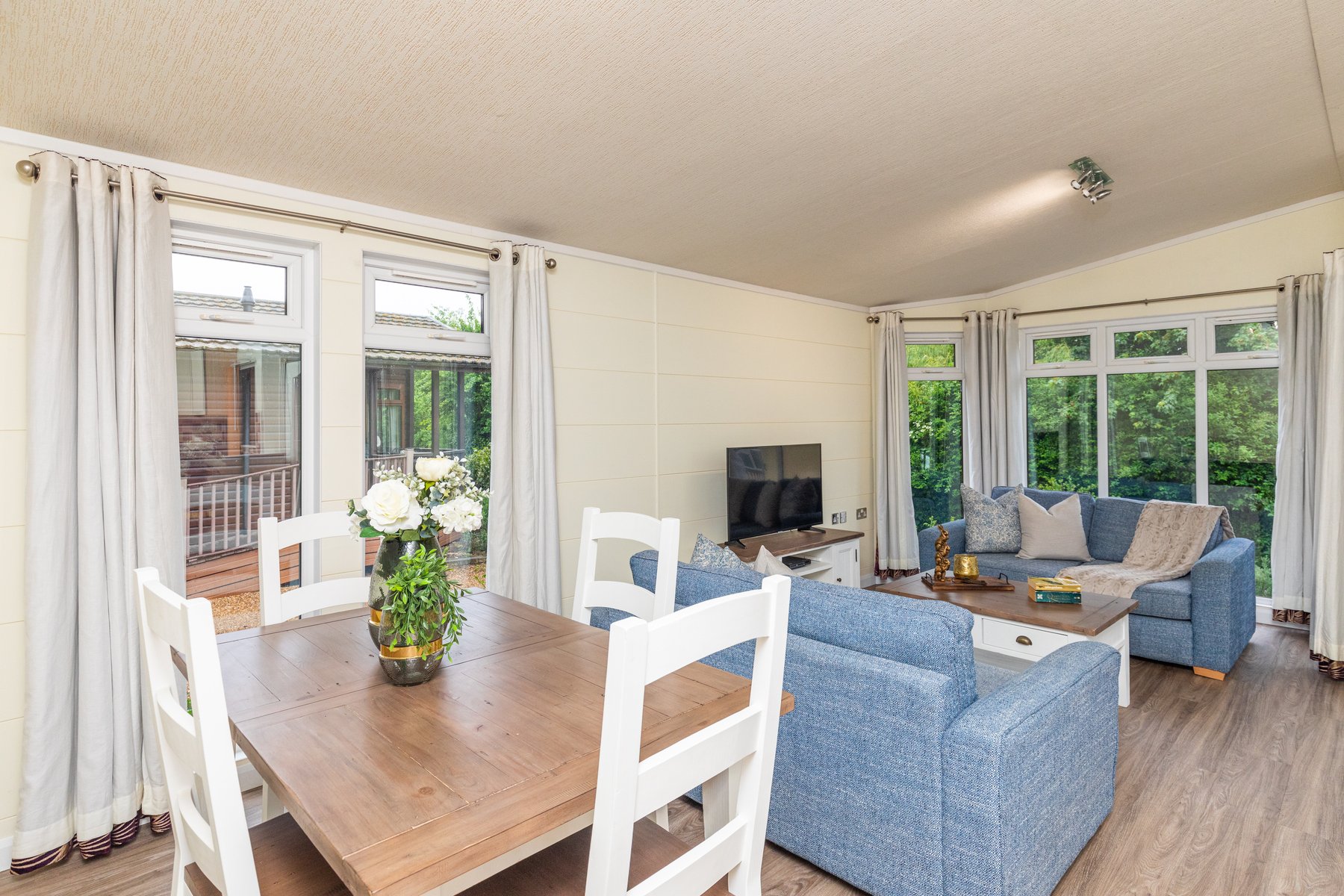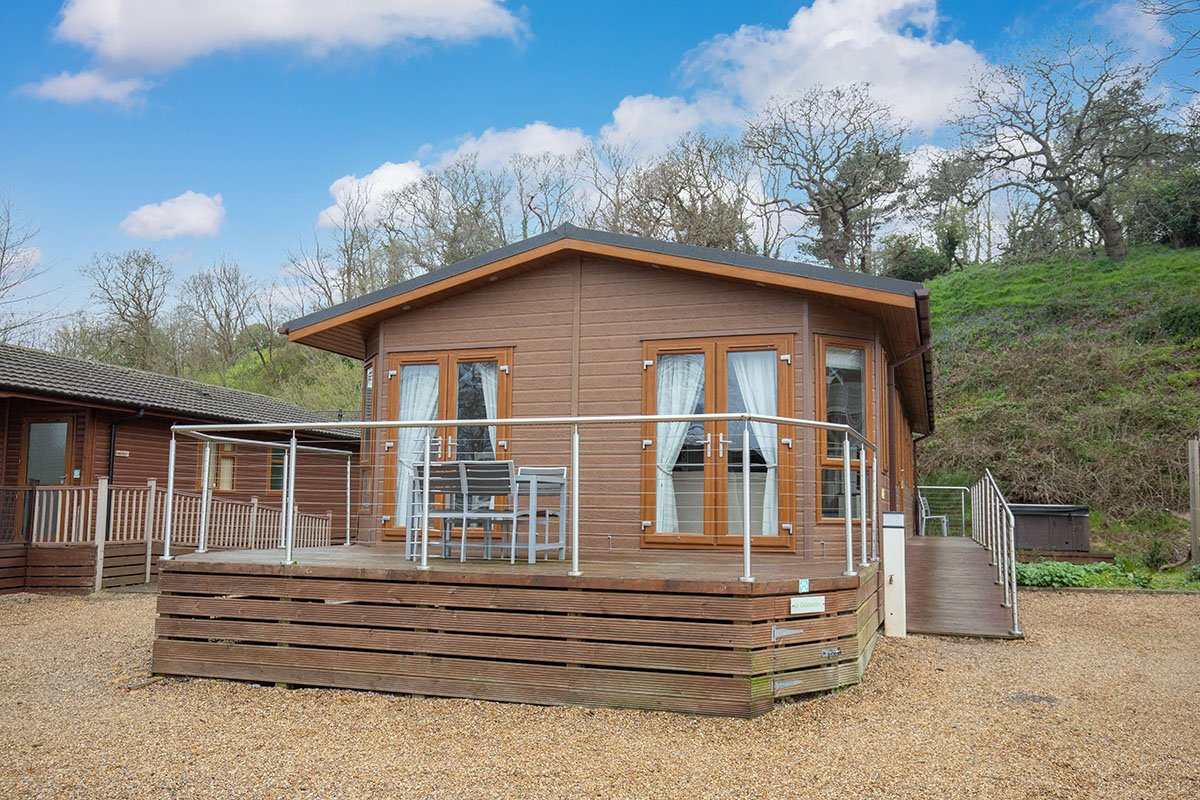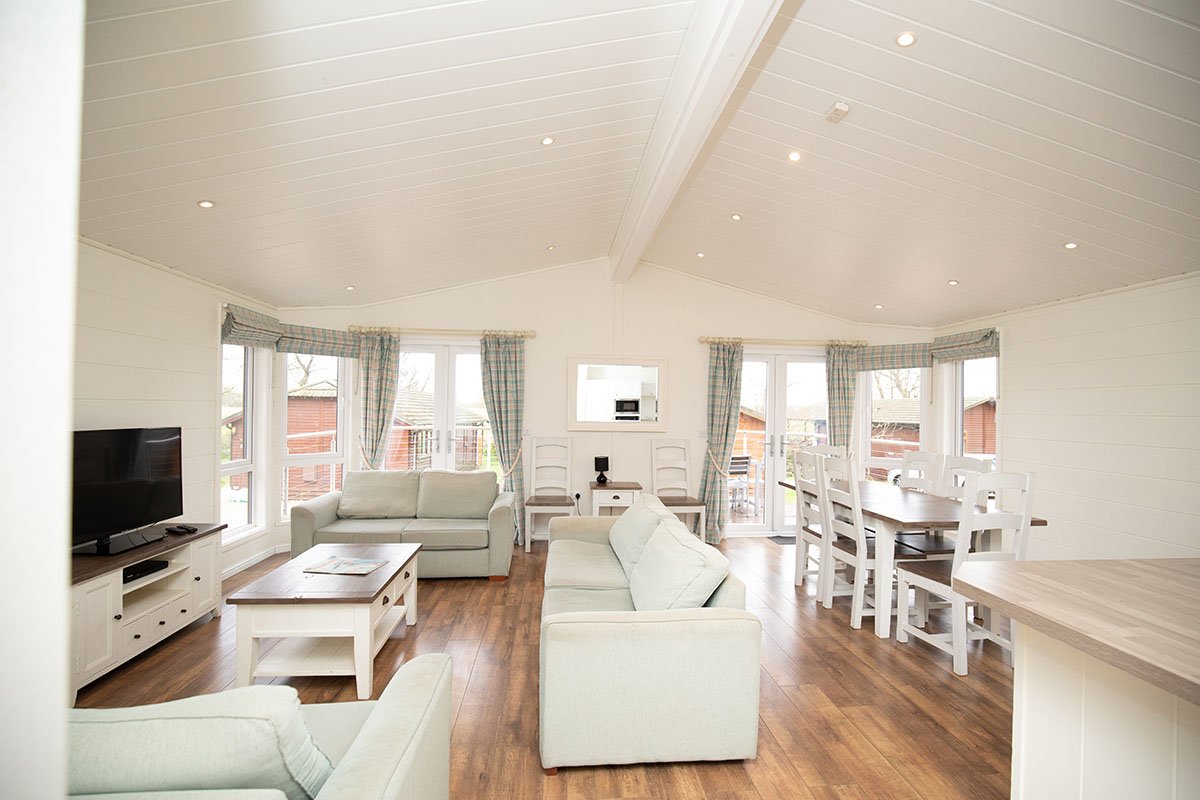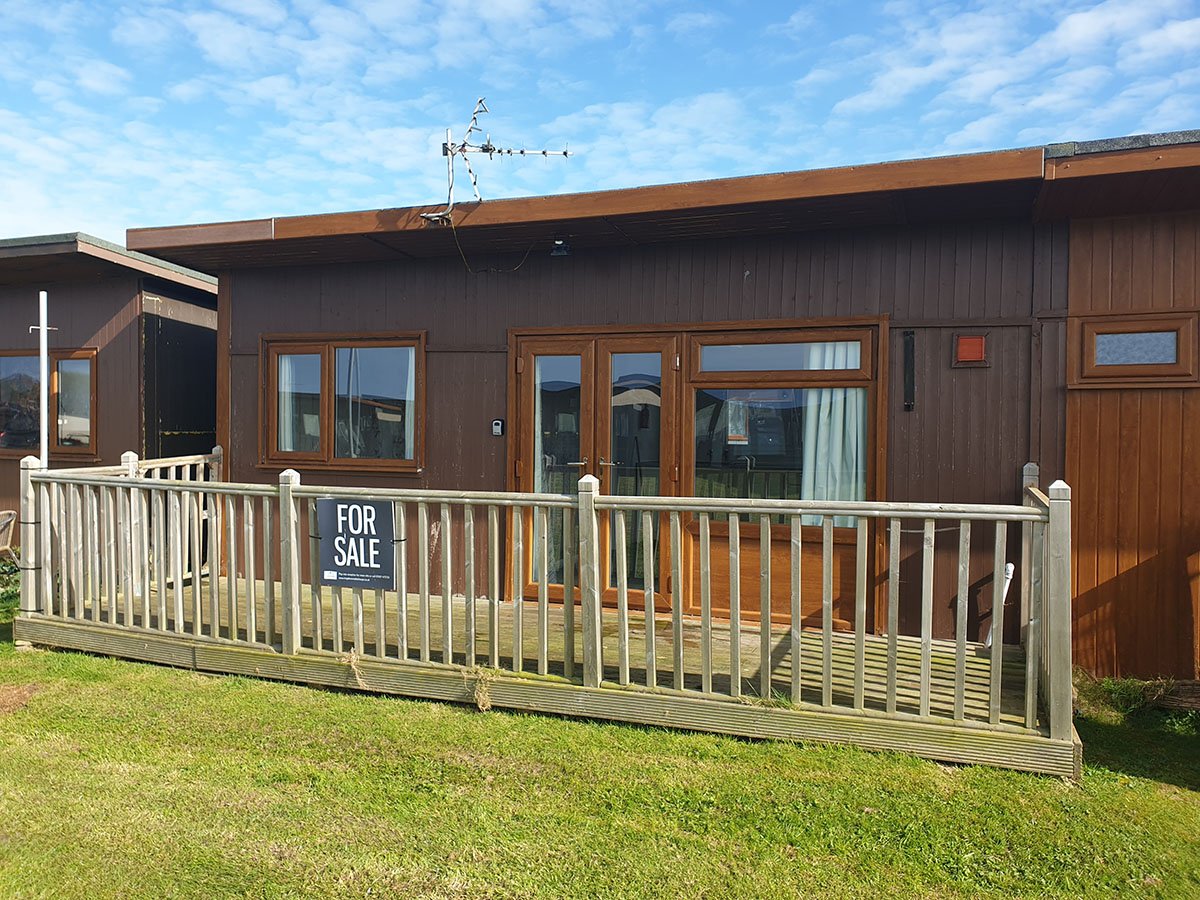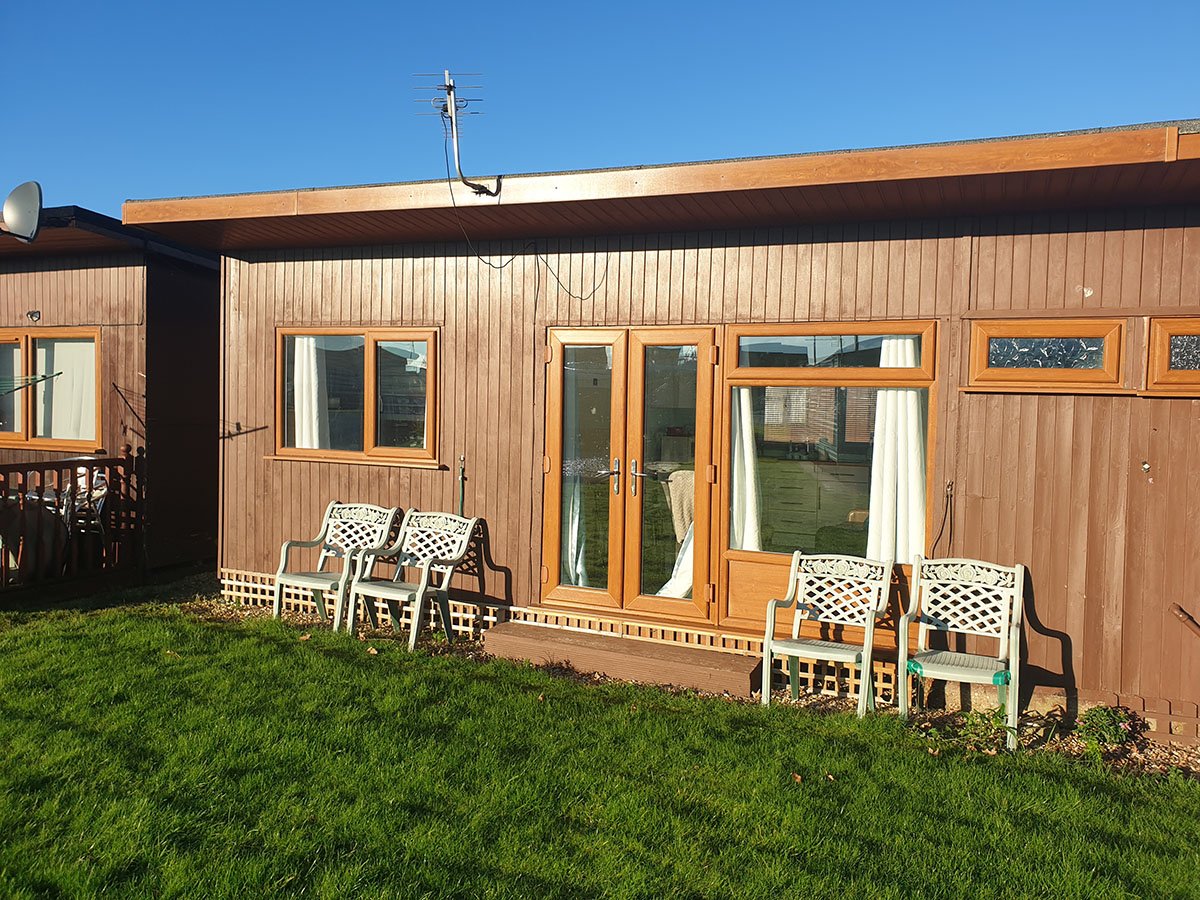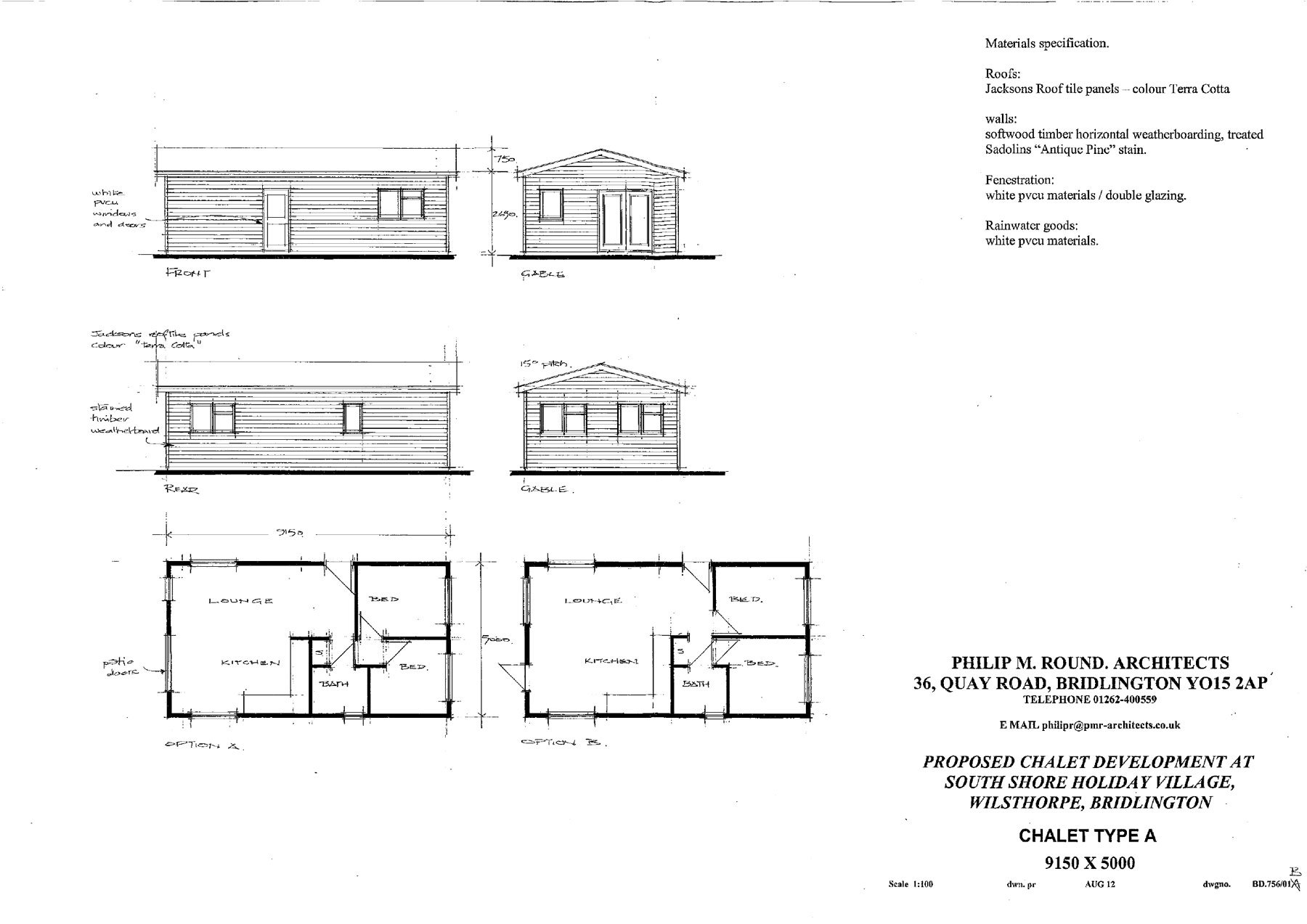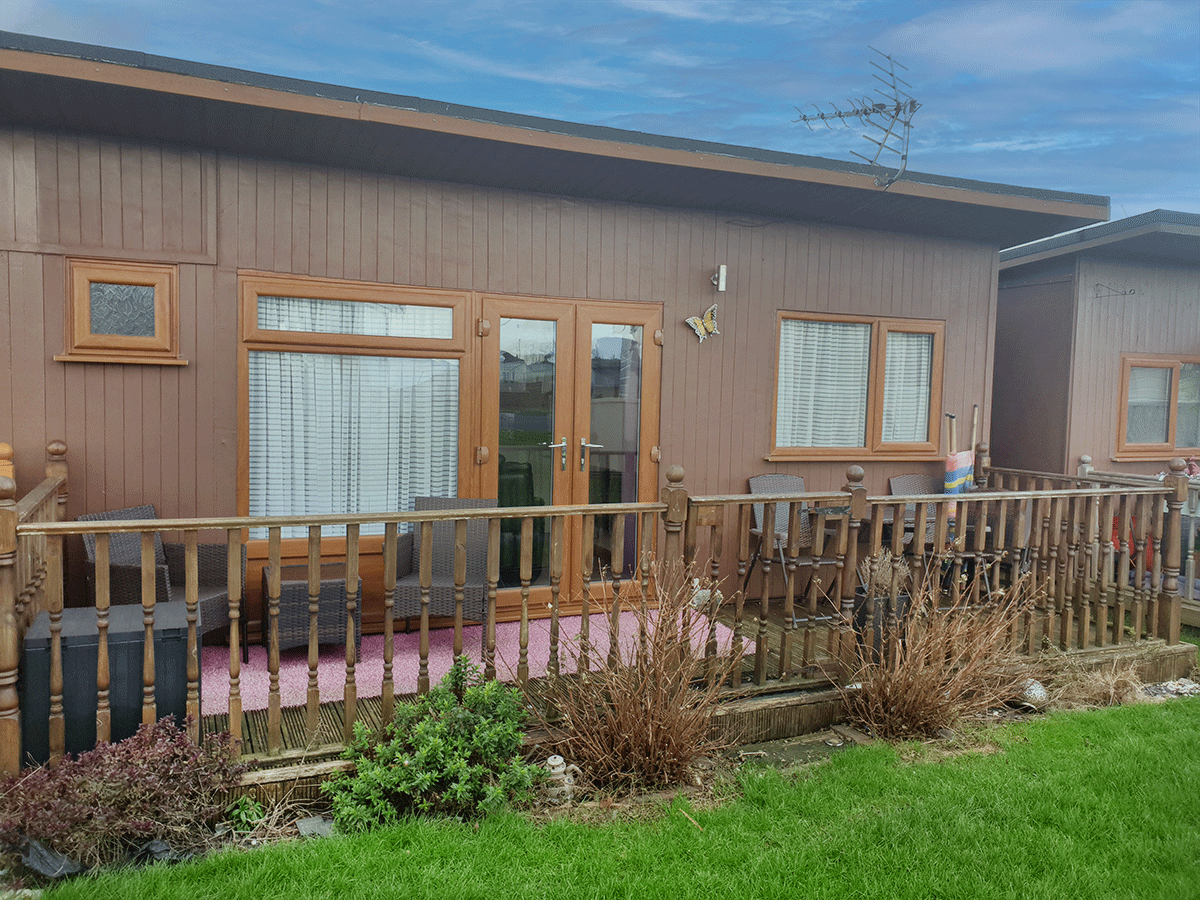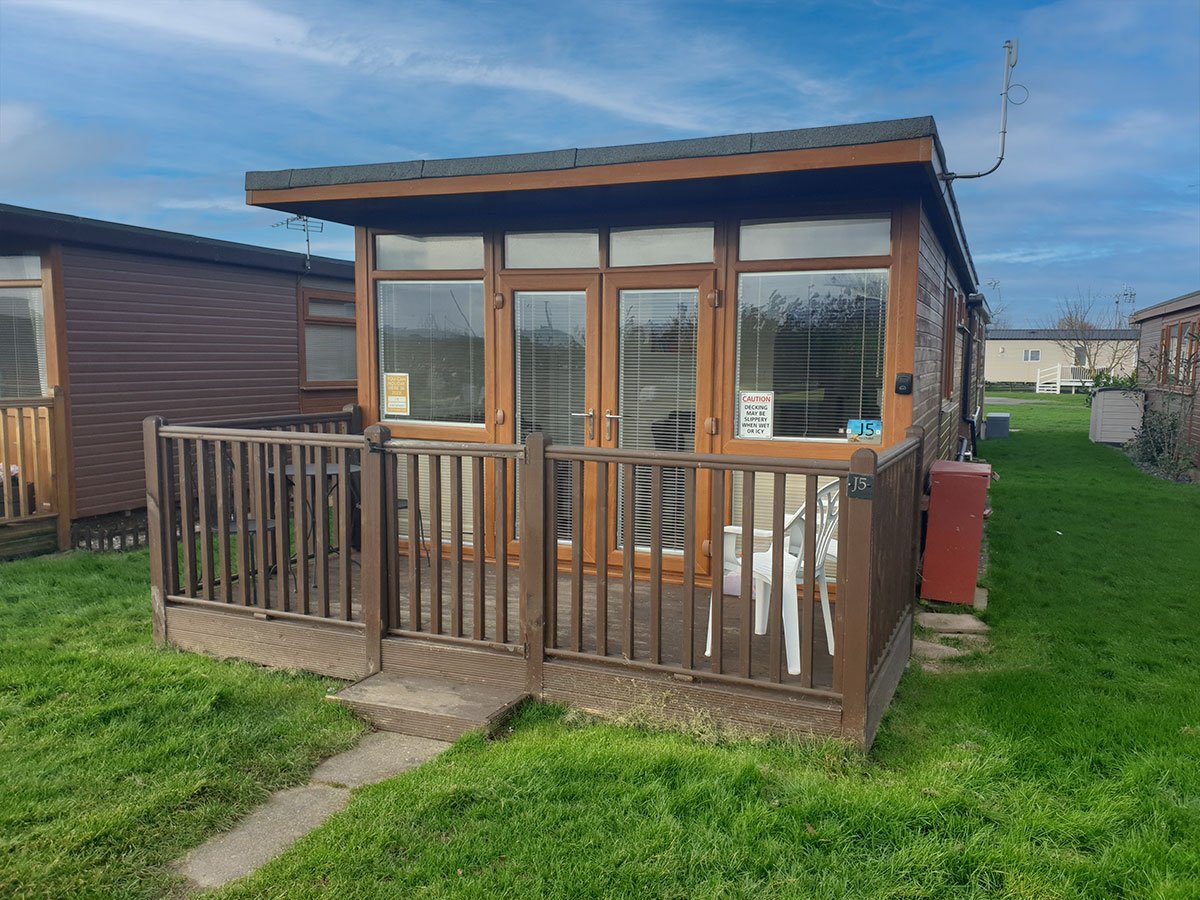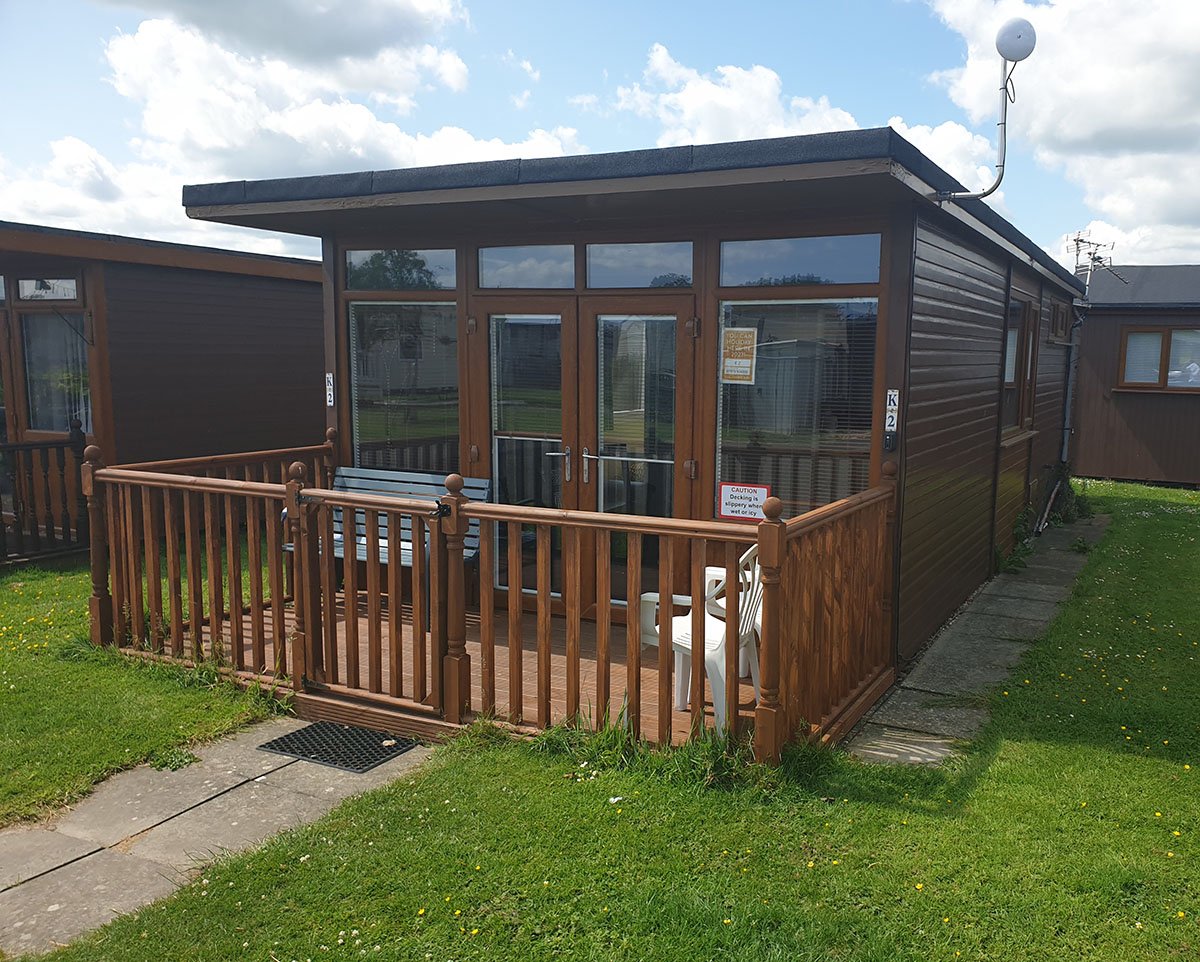Updated 11/08/2023

A UK holiday home can make a lot of sense; whether you are looking for a long term investment or somewhere to earn an income from holiday lettings. Or, if profits are not as high on your agenda, it can simply be a sanctuary for you and your loved ones.
Check out this guide to help with some of the questions you may have about a UK holiday home…
Why a UK Holiday Home?
There are a lot of wonderful places to explore in the world. Of course, to get to many of them means you need to plan a lot - passports, currency exchanges, the ongoing worry of Brexit admin costs and forms to fill in. Plus, on top of that, you have to put up with the pressure of airports with 2AM alarm clocks.
With your own holiday home in the UK, you get to spend more time chilling with your loved ones - and you can offset your annual running costs holiday lettings when you’re not using it. How often have you heard people say there’s so much more of their own homeland that they’d like to explore? With a UK Holiday Home, you can do just that!
Lowestoft is the most easterly town and part of the Sunrise Coast - the sunrise first reaches the horizon here every morning - so First Light Festival is all about celebrating this, with a multi-arts festival on 17th & 18th June.
Wherever you choose to spend your holidays in the UK, whether it’s on the Norfolk Broads, or the Yorkshire coast, some of the great joys are the food treats that are such a special part of the great British seaside holiday.
Holidays at Waveney River Centre puts you in the centre of so much to see and do. A year-round escape offering scenic pitches, luxurious lodges, and endless tranquillity, making it your ideal staycation destination.
Dive into your fitness goals at Tingdene holiday parks in Norfolk and Suffolk! Enjoy year-round swimming, adult sessions, and exclusive discounts for holiday home owners. Stay active in style at Great Yarmouth, Lowestoft, and more!
We all like to think about romance as Valentine’s Day draws near. Check out these ideas for places to be when romance is in the air; beach walks, country estates, dining, wine tasting and more across Norfolk, Suffolk, Yorkshire and Lincolnshire.
Tingdene Holiday Parks is proud to see Humberston Fitties featured in The Guardian’s 24 Favourite Travel Finds for 2024 list.
One of the joys of spending your holidays in the UK is rediscovering all that our countryside and coastlines have to offer. But there’s more than scenery and summertime fun. There’s the rich pageant of history and tradition - especially at Christmas.
Suffolk is a magical time during the festive season; we’ve made a list of events planned for December. Here are some of our favourites that are not to be missed while you are in the area.
We’re looking ahead to December to see what festive events will be happening in Lincolnshire.
Home to the Moors and famous coastal town of Whitby, here’s a list of things to do in December in North Yorkshire.
East Yorkshire is home to beautiful coastlines and countryside to be enjoyed all year round. Here’s a list of things to do in November and December.
Full of great towns, countryside and coast, Essex has plenty to see and do. We’ve made a list of our favourite events planned in Essex for December.
With the nights getting darker and the days getting colder, we’re looking ahead to December to see which top tourist sites in Norfolk have festive plans.
Lonely Planet has recently named East Anglia as one of the top 30 must-visit places in the world for 2025. So if you're looking to invest in a holiday home, Norfolk and Suffolk are two regions you can't afford to overlook.
We have taken a look at a brief history of firework night, as well as some of the most exciting fireworks celebrations to visit in Norfolk, Suffolk, North Yorkshire, East Yorkshire and Lincolnshire; all close to our UK holiday parks.
You can charge your electric or hybrid vehicles at charging points across Tingdene holiday park locations in Norfolk & Suffolk.
There are so many reasons as to why people love the Yorkshire coast. It’s a place of history, scenery, and heritage. From the Tees to the Humber the coast in Yorkshire covers over a hundred miles of beaches and cliffs.
Head to the Great Home Holiday Show and find us at STAND P16 for a chat about Holiday Homes and Residential Homes with the Tingdene Group!
Enjoy family fun, take a look around our available holiday homes, enjoy 10% off at Moss & Co Broadlands and explore this beautiful Broads location.
Picking your own fruit makes sense of course. It’s a very cheap way of buying the freshest possible crops. It’s more than that though. It’s a fun day out, for all the family. It’s great outdoor exercise. And, importantly for the young ones, it’s brilliant to see where our food actually comes from.
Keeping our seasides and countryside clear of litter, rubbish and pollution is vital. How else will we be able to enjoy the wonderful spaces and places that we love?
At Caldecott Hall Country Park, we are always looking at ways to innovate and improve. We wanted to gauge your thoughts on exploring the exciting possibility of a Padel Tennis Court!
Beautiful, brilliant Bridlington really does represent all that’s best about the British seaside. A Yorkshire town on Britain’s lovely east coast, it’s a place of history, heritage and a whole lot of fun for a family holiday.
Take a look around our available holiday homes for sale or find out more about bringing your caravan to the most easterly caravan park in the UK.
Take a look around our available holiday homes and enjoy live music, plus enjoy free Disc Golf and swimming sessions for any sales appointments!
What’s brilliant about owning a UK holiday home is getting to know the area around a special location. Take this mini tour of upcoming springtime events around the country.
Great Yarmouth - it’s one of those places forever linked with holidays, good times, and happy memories. Take a look at just some of the reasons why Great Yarmouth is so…great!
Suffolk is a treasure trove of castles, churches and historic sites; the sheer number of lovely places to visit is one of the many reasons people are choosing to have a holiday home in the area.
Making her way to Bridlington, Andi Oliver embarked on filming an episode of "Fabulous Feasts," a brand-new series premiering on BBC Two, featuring the dedicated volunteers of the Bridlington’s RNLI crew.
We've compiled a list of where you can buy pancakes any day of the year across Norfolk, Suffolk, Yorkshire and Lincolnshire.
What types of holiday homes are there?
Caravans
Caravans are modular so this means they are prefabricated and fully constructed in a factory. Caravans are then transported to a holiday park where they are sited and connected (gas, electric, water etc).
Caravans are usually sold on an annual license. This means that if you purchase a caravan you will own the caravan itself - your agreement between you as the owner and the park operator is agreed on an annual basis.
Caravans range considerably in price. A used more basic model that maybe single glazed with basic heating could be around £10,000. Expect to £50,000+ for a brand new top of the range model with double glazed windows and contemporary heating systems with radiators. Pricing policies vary from park to park.
It’s important to note that caravans will depreciate in value, much like a car, so don’t expect to make your money back when selling a caravan. People often buy a caravan to enjoy for as long as possible - you can keep them for decades with regular upkeep and maintenance.
Lodges
Lodges are generally timber in construction, but are more often than not similar to caravan holiday homes. Lodges are often manufactured in a factory, made in two sections. Lodges are normally built to a higher specification than caravans. Lodges in the UK vary in price dramatically from £85,000 and up to as much as £650,000, or more!
Lodges will often appreciate in value along with the property market, as they are a more substantial property than a caravan, so you may well be able to sell for a profit in the future.
Some lodges are sold on an annual license, however Tingdene Holiday Parks Ltd generally sell this type of holiday home on a long lease (125 years as an example).
A lease is different to an annual license; a lease is very similar to buying a flat or apartment as oppose to a house. A lease is a legal document which often represents a better financial investment (as it can mean a higher property value) and also more protection to the ‘Tenant’ of the lease. The ‘Landlord’ (park operator) and ‘Tenant’ ( leaseholder/holiday lodge owner) are protected and governed by property law - The Landlord & Tenant Act.
Whilst a lease is a legal document, it is not necessarily something to be scared of as a buyer. When purchasing a leasehold property, it is common for buyers to instruct a solicitor to act for them. A solicitor will also register the property with HMLR (Land Registry) .
Brick built villas, holiday cottages & bungalows
This section covers some of the other holiday home types on offer.
Brick-built properties may offer a more substantial construction, which certainly helps with the UK winters! Whether you are looking for a traditional bungalow holiday home or something more modern, there should be something on the market that suits your needs.
Brick-built properties range in price depending on size and location, and will often appreciate in value along with the property market. So you can hope to make a profit from selling in the future.
Not an obvious thought but brick built cottages, villas and bungalows may well have loft and storage space available due to a pitched roof construction. This is handy when you are letting your holiday home as this means you can easily store your personal items away whilst your holiday home is ‘working hard’ to offset your annual running costs!
Chalets
Chalets were built mainly during the 1950’s-1970’s as a popular holiday home of choice in the post war era, and the decades that followed the UK tourism boom.
Chalets vary considerably, however their construction usually is a flat roofed 2 bedroom property made out of brick and or timber materials. Chalets typically price from around £10,000 - £60,000 depending on the property condition, park and location.
Similar to lodges and brick-built properties, chalets will often rise in value along with the property market, depending on the condition.

Stunning holiday lodges at Waveney River Centre available to purchase now, overlooking the Broads National Park
How long is A holiday home season?
Each holiday parks site license will vary, changing how long a holiday home be used by owners. Some parks (often caravan parks) may have a season of 10 months or so, some may have a 12 month holiday use occupancy.
However holiday parks are for holiday use only, not residential. This means you cannot live at a holiday park or use it as your main or sole residence. It is a second home only and you will need to provide a primary address when buying a holiday home.
Holiday home deckings
Many of us like the idea of relaxing outside, having a space to read your favourite book, a place to eat, drink and socialise in the sun maybe? A decking on your holiday home is a great addition!
Deckings may not be allowed at all parks or on all holiday homes, but is definitely worth asking this question. Other good questions to ask and to consider is how much would it cost? What type of decking would you be allowed, timber, UPVC, glass etc.
Holiday park operators generally have approved contractors to whom they work with. so it maybe unlikely you would be able to construct it yourself. It is also common place to submit some basic plans in writing in order to get a decking approved.

Caravan holiday home at Broadlands Park & Marina overlooking the Broads National Park.
Earning an income from holiday lettings
Some parks may offer you the option and opportunity to let your holiday home and offset your annual running costs.
Subletting your holiday home is a great way to offset any annual costs such as site fees and ground rent etc. Some owners may choose to let their holiday home privately which means a more active role in their investment of a holiday home. This may involve marketing, key handling, checking guests in and out, laundry, linen services etc, which can be a full time job.
Tingdene Holiday Parks Ltd, in collaboration with Holidays For Allseasons, offer a Managed Letting Scheme service for those looking for a passive approach to earning an income at specific parks. This will come at an extra cost than doing it yourself, and it is important you understand all the charges. However, many holiday home owners find it is worth it to reduce all the workload for slightly less income.
To find out more about how we can help you offset your annual running costs at Waveney River Centre, click the link below!

Annual costs of a holiday home
It is important that you fully understand how much the associated ongoing costs of owning a holiday home are. These will be found on your license agreement or lease.
Remember when you have a holiday home on a holiday park, this means that you will not own the land that your holiday home is sited/constructed on. It is also important to understand when these bills are due and who they need to be paid to. Some fees will be due to the park or the operating company, some may be due to the local councils or utility companies.
Typical example of annual costs of a holiday home:
Ground Rent or Site Fees
This will be the main bill per annumService Charge or Maintenance Charges
These will relate to the upkeep and maintenance of the holiday parkUtilities
Electric, gas, water etcCouncil Tax
Find out if this is applicable and what band applies to the holiday home
You can find the annual running costs of each of our properties for sale listings or by downloading our park’s holiday homes price lists.
Finding the right park for your holiday home
Investing in a UK holiday home is obviously a big decision. You will no doubt want to make sure you are investing in a credible company and holiday park operator.
Do your research!
Who owns the park? How long have they been operating? How are they funded? What are their customers and owners saying? What credible reviews are there online?
A great and simple way to find out more is to have a chat with some of the existing owners! They may have been at the park for several years already and will have gone through the same buying process as you.
